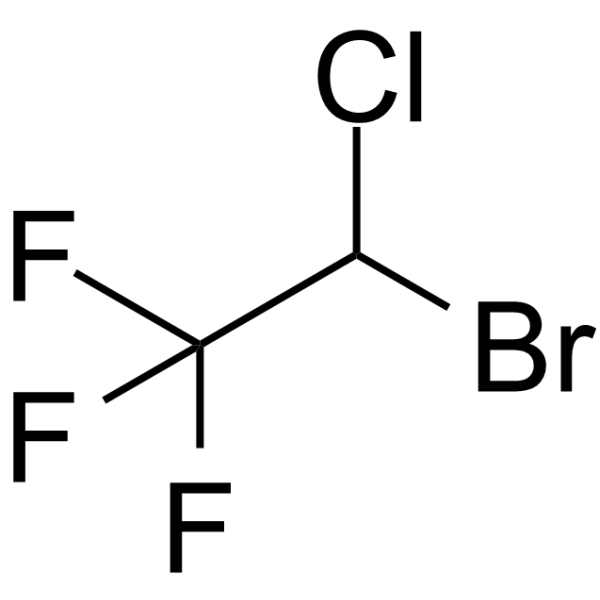Potassium Channel
Potassium channels are voltage-gated ion channels that selectively permeate potassium ion through the excitable membrane. It regulates the release of neurotransmitters, insulin secretion, smooth muscle contraction and heart rate etc.
Products for Potassium Channel
- Cat.No. Product Name Information
-
GC14044
(-)-[3R,4S]-Chromanol 293B
(-)-[3R,4S]-Chromanol 293B is a potent and selective inhibitor of the slow component of delayed rectifier K+ current (IKs).
![(-)-[3R,4S]-Chromanol 293B Chemical Structure (-)-[3R,4S]-Chromanol 293B Chemical Structure](/media/struct/GC1/GC14044.png)
-
GC16717
1-EBIO
Activator of epithelial KCa channels
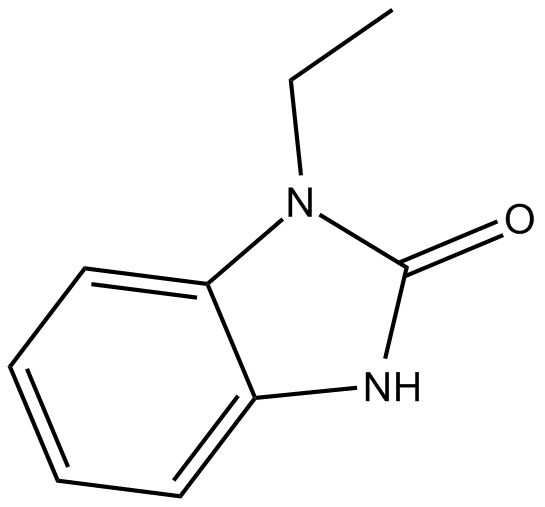
-
GC60455
2,2,2-Trichloroethanol
2,2,2-Trichloroethanol, the active form of Chloral hydrate, is an agonist for the nonclassical K2P channels TREK-1 (KCNK2) and TRAAK (KCNK4).
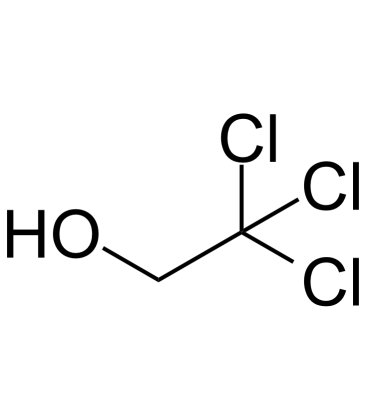
-
GC35075
20-HETE
A quantitative analytical standard guaranteed to meet MaxSpec® identity, purity, stability, and concentration specifications
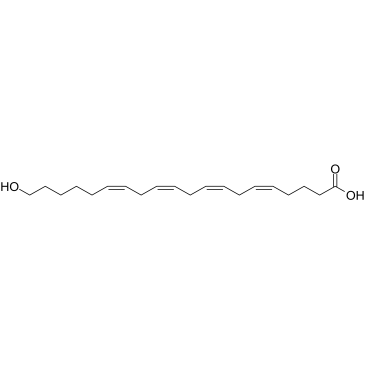
-
GC17469
4-Aminopyridine
potassium channel-blocking agent
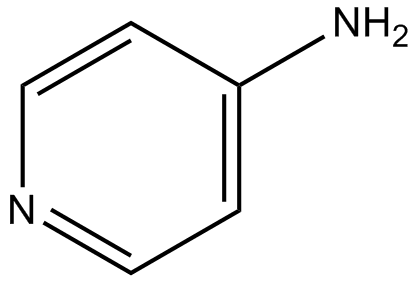
-
GC42414
4-hydroxy Tolbutamide
4-hydroxy Tolbutamide is a cytochrome P450 2C8 (CYP2C8) and CYP2C9 metabolite of tolbutamide, a first-generation potassium channel blocker.

-
GC60029
5-Hydroxydecanoate sodium
5-Hydroxydecanoate sodium is a selective ATP-sensitive K+ (KATP) channel blocker (IC50 of ~30 μM).
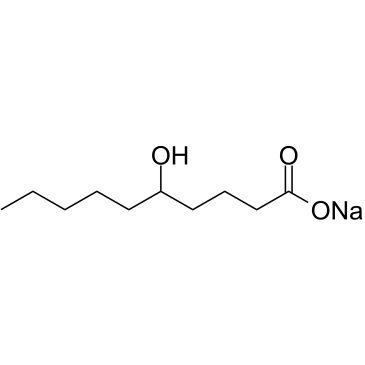
-
GC50632
A 1899
Potent K2P3.1 (TASK-1) and K2P9.1 (TASK-3) blocker
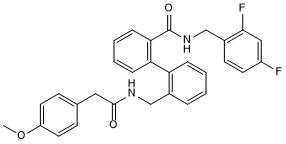
-
GC39335
A2764 dihydrochloride
A2764 dihydrochloride is a highly selective inhibitor of TRESK (TWIK-related spinal cord K+ channel, K2P18.1), which has moderate inhibitory effects on TREK-1 and TALK-1.
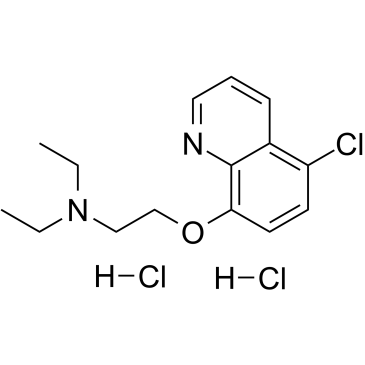
-
GC60545
A2793
A2793 is an efficient dual TWIK-related acid-sensitive K+ channel (TASK)-1/TRESK inhibitor, with an IC50 of 6.8 μM for mTRESK.
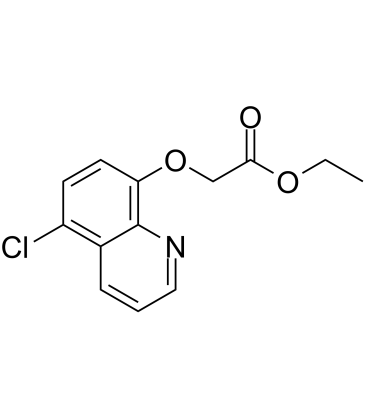
-
GN10812
Acacetin
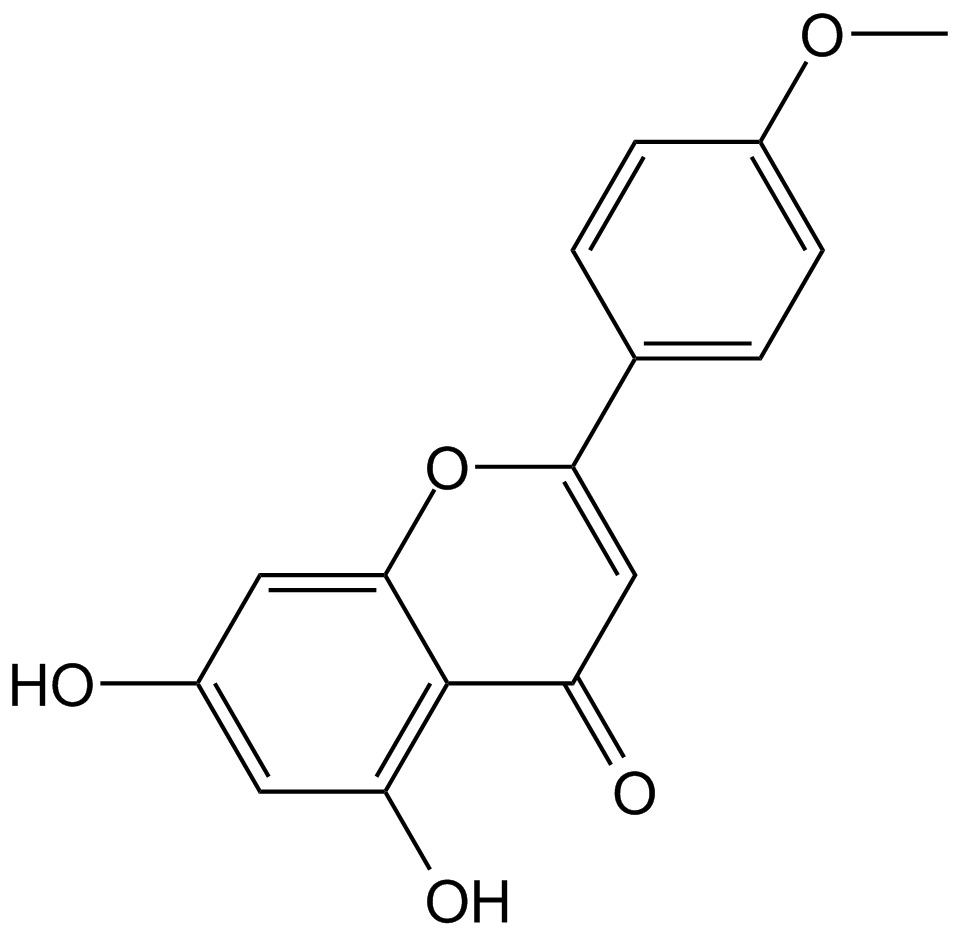
-
GC11315
ADWX 1
Kv1.3 channel blocker,potent and selective
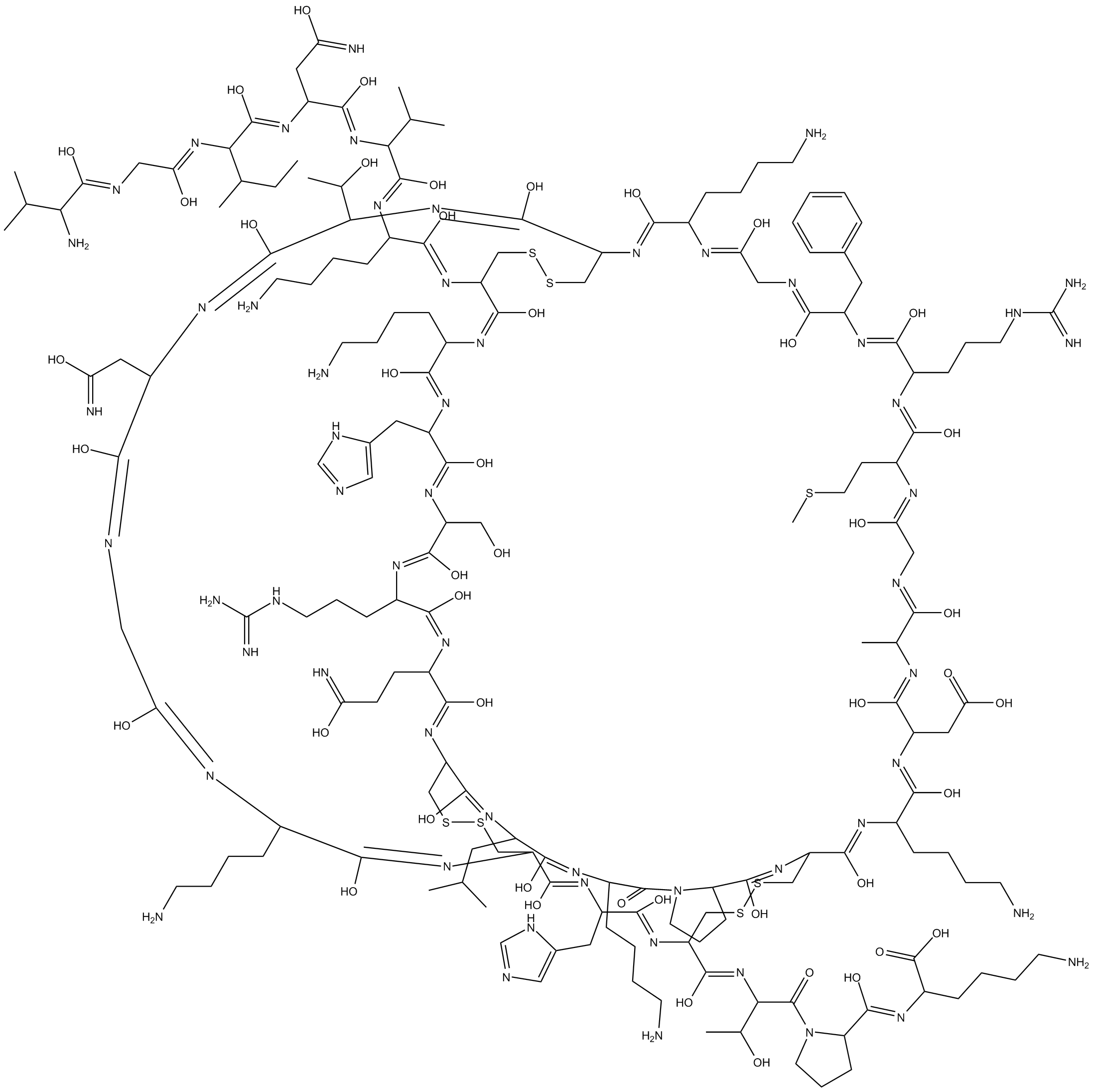
-
GC14867
Agitoxin 2
Shaker K+ channel blocker, potent
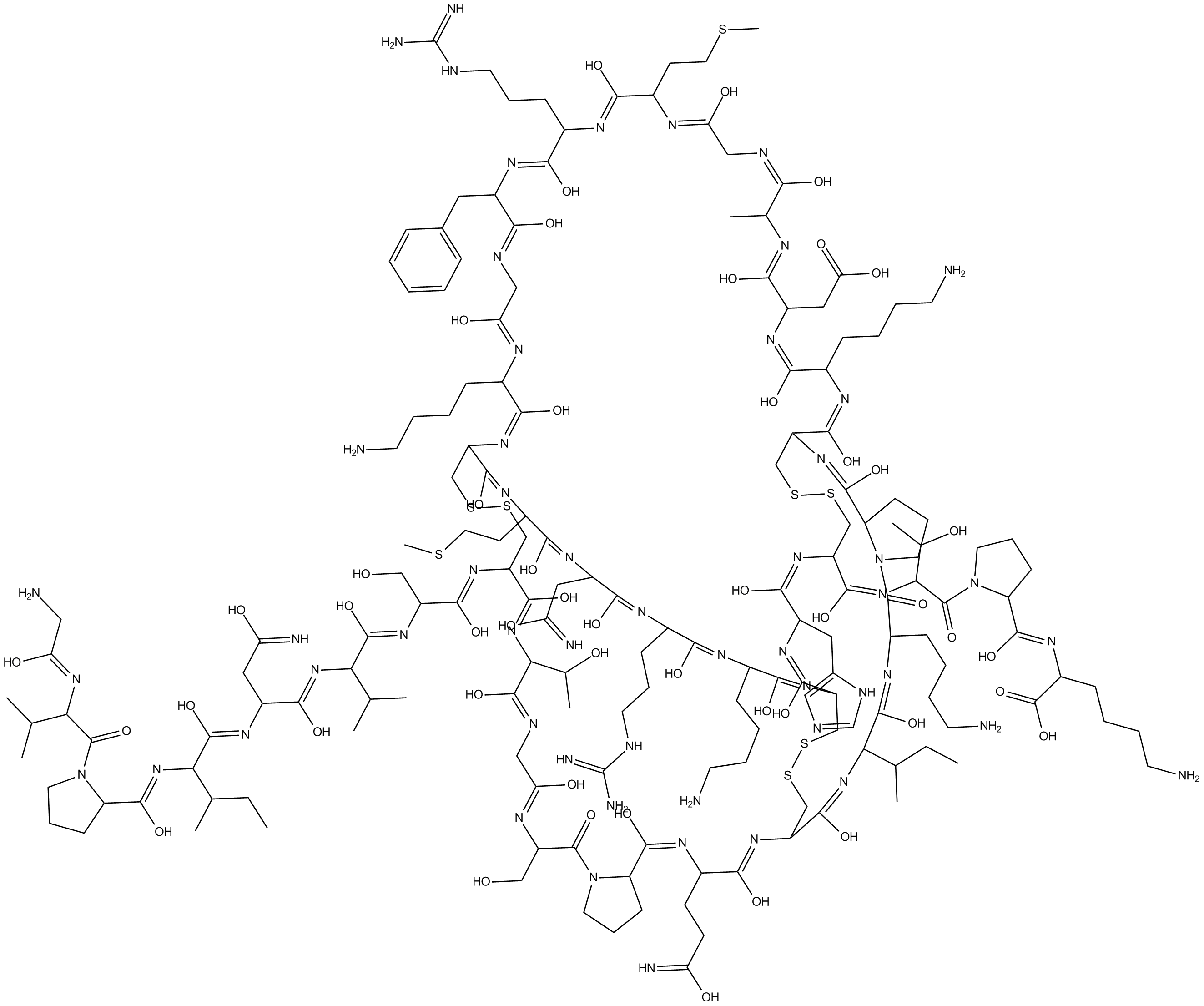
-
GC35273
Ajmaline
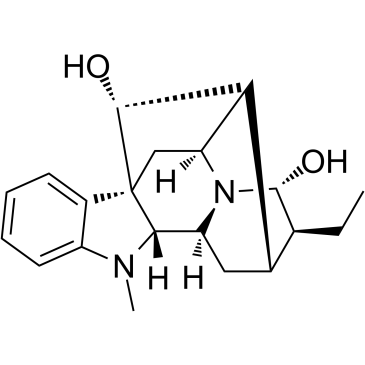
-
GC35293
Allocryptopine
Allocryptopine, a derivative of tetrahydropalmatine, is extracted from Corydalis decumbens (Thunb.
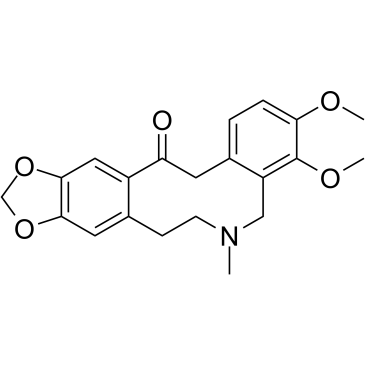
-
GC30891
Almitrine mesylate (Almitrine bismesylate)
Almitrine mesylate (Almitrine bismesylate), a peripheral chemoreceptor agonist, inhibits selectively the Ca2+-dependent K+ channel.
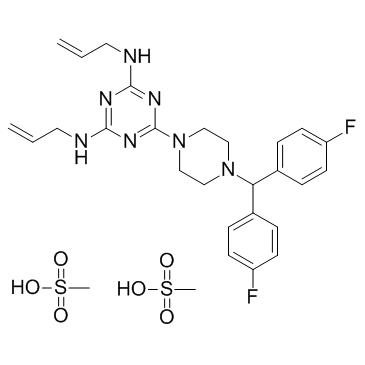
-
GC32673
Almokalant (H 234/09)
Almokalant (H 234/09) is a class III antiarrhythmic drug, acts as a potassium channel blocker, and inhibits a specific component (Ikr) of the time-dependent delayed rectifier K+ current.
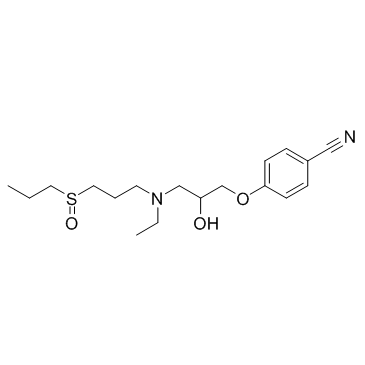
-
GC10943
AM 92016 hydrochloride
Potassium channel blocker
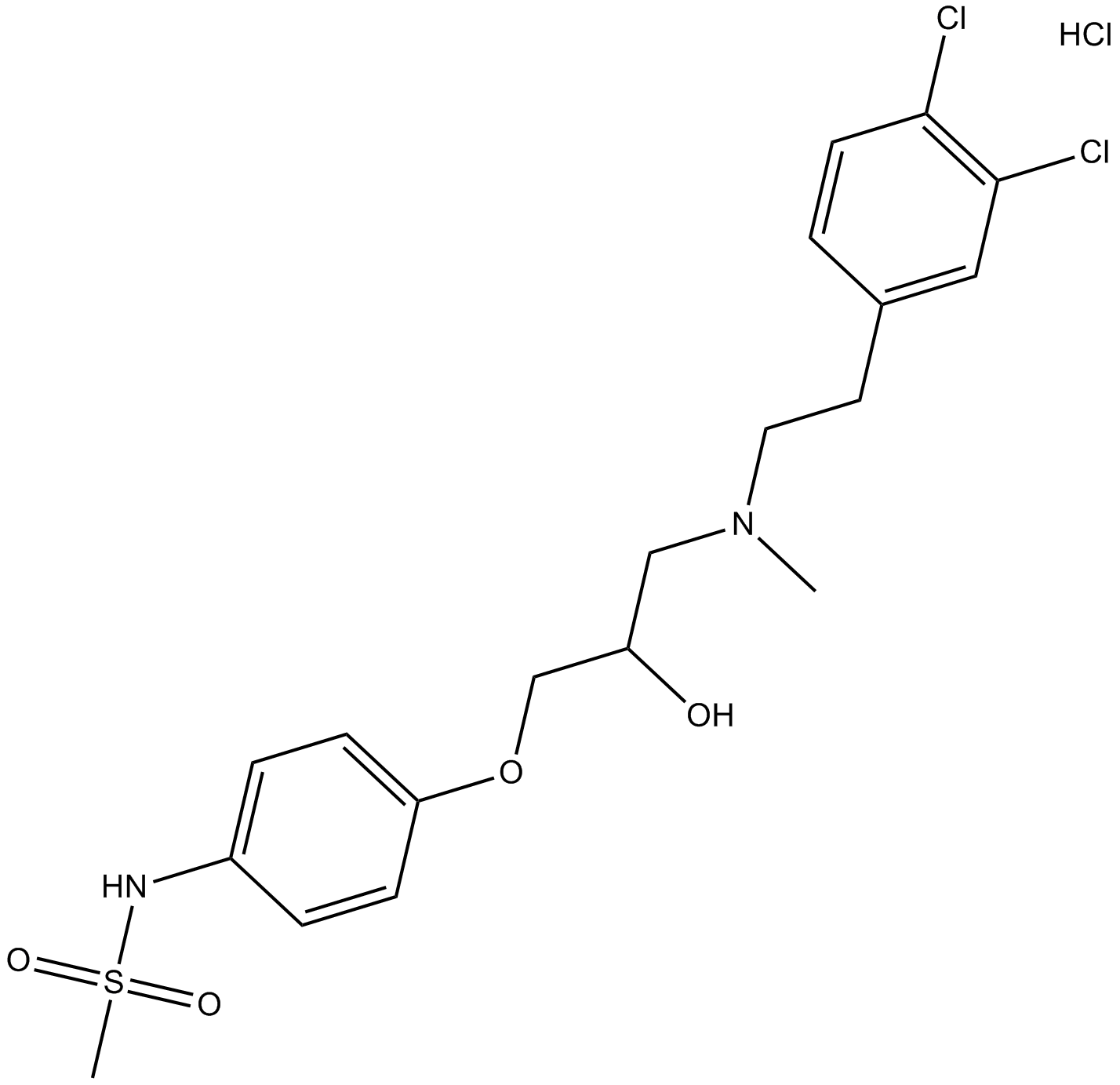
-
GC35322
Amiodarone
Amiodarone is an antiarrhythmic drug for inhibition of ATP-sensitive potassium channel with an IC50 of 19.1 μM.
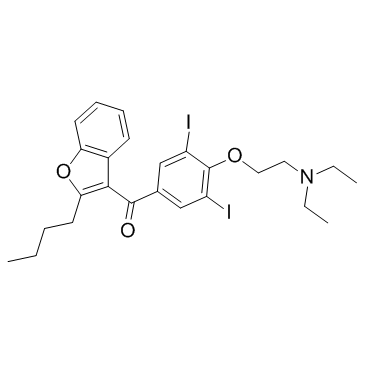
-
GC11432
Amiodarone HCl
Amiodarone HCl, a benzofuran-based Class III antiarrhythmic agent, inhibits WT outwardIhERG tails with an IC50 of ~45 nM.
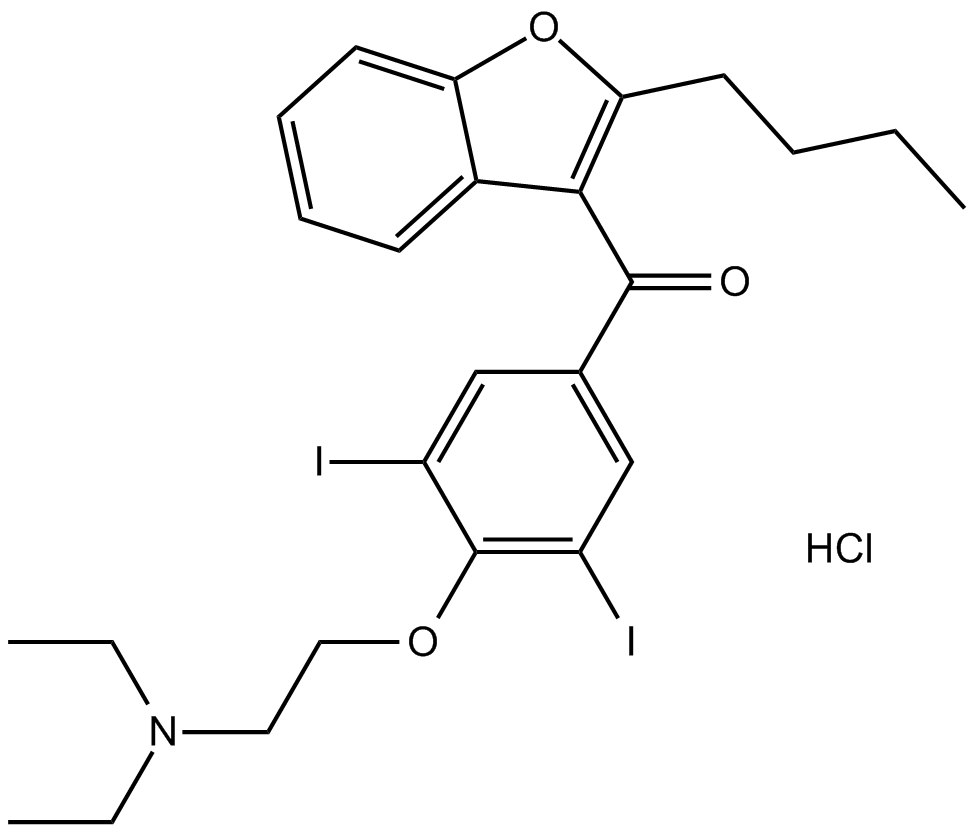
-
GC50334
AMP PNP
AMP PNP (Adenylyl-imidodiphosphate tetralithium) is a non-hydrolysable analogue of ATP and inhibits KATP channels.
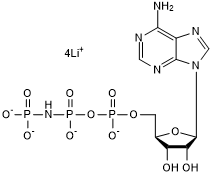
-
GC18203
Annonacin
Annonacin is a potent and lipophilic acetogenin from A.
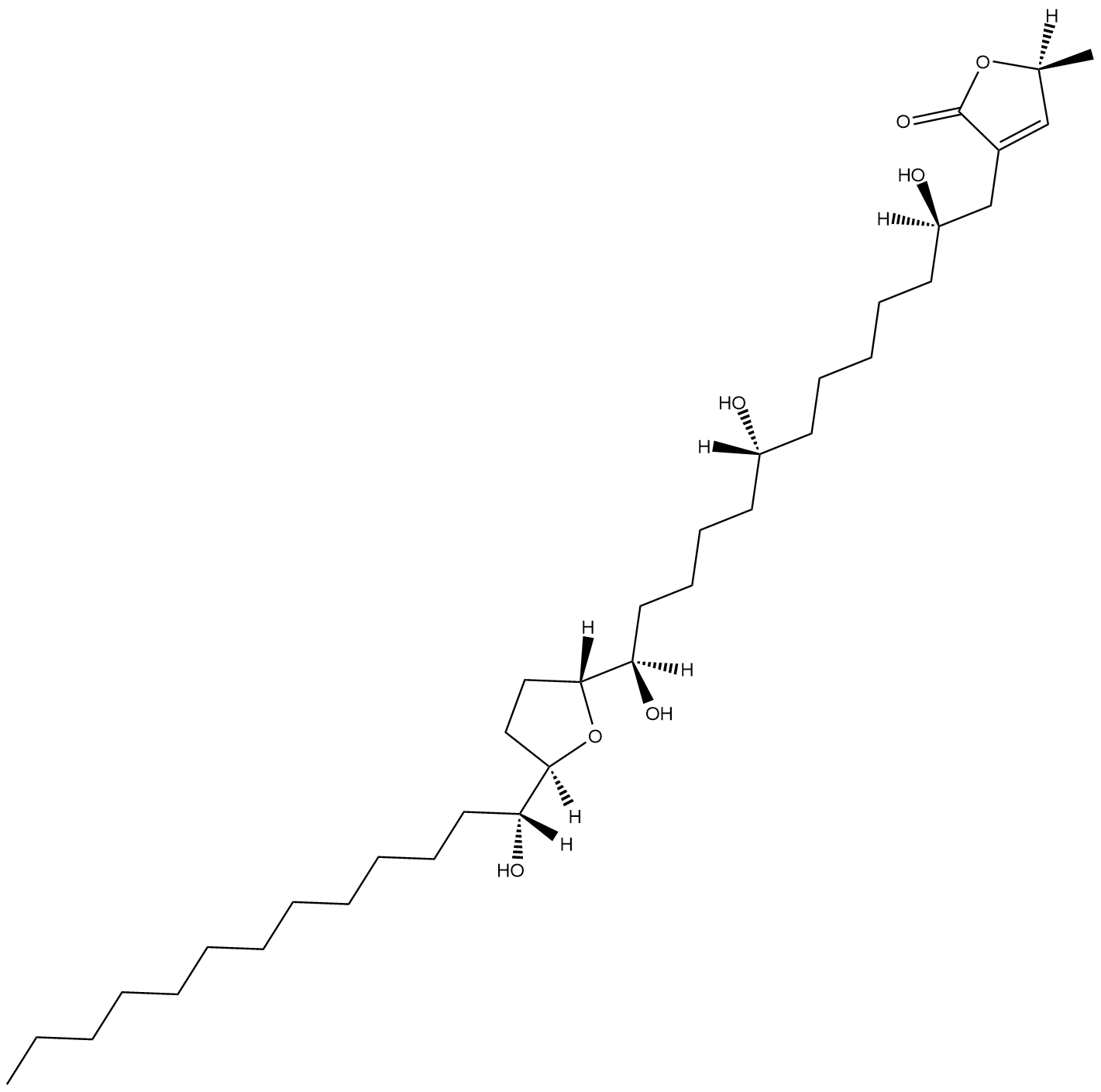
-
GC31141
Antihistamine-1
Antihistamine-1 is a H1-antihistamine (Ki=6.9 nM) with acceptable blood-brain barrier penetration and also an inhibitor of CYP2D6 and hERG channel with IC50s of 5.4 and 0.8 μM, respectively.
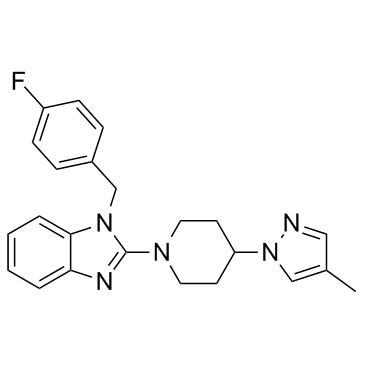
-
GC50471
AP 14145 hydrochloride
KCa2 channel negative allosteric modulator
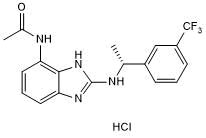
-
GC14893
Apamin
small-conductance Ca2+-activated K+-channel (KCa2, SK) inhibitor
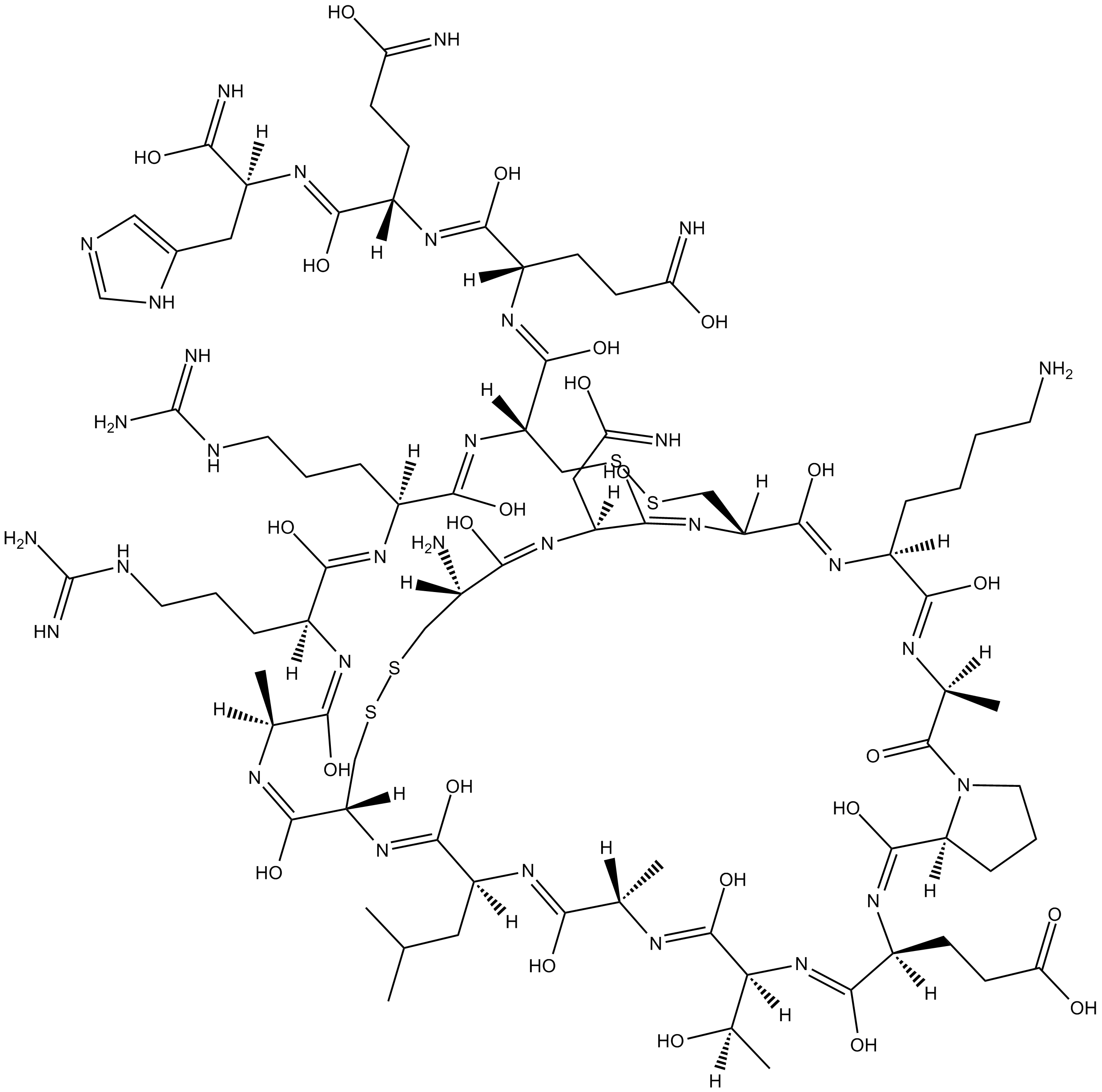
-
GC38557
Apamin TFA
Apamin TFA (Apamine TFA) is an 18 amino acid peptide neurotoxin found in apitoxin (bee venom), is known as a specifically selective blocker of Ca2+-activated K+ (SK) channels and exhibits anti-inflammatory and anti-fibrotic activity.
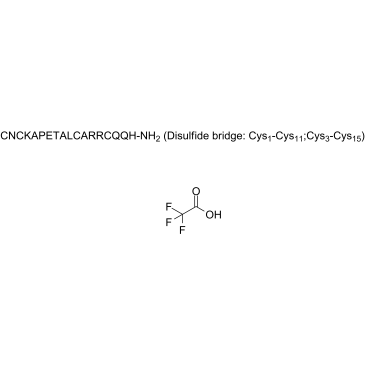
-
GC61960
ASP2905
ASP2905 is a potent and selective potassium channel Kv12.2 inhibitor encoded by the Kcnh3/BEC1 gene.
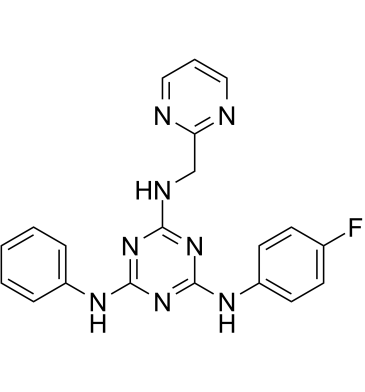
-
GC16945
Astemizole
anti-histamine compound, potent
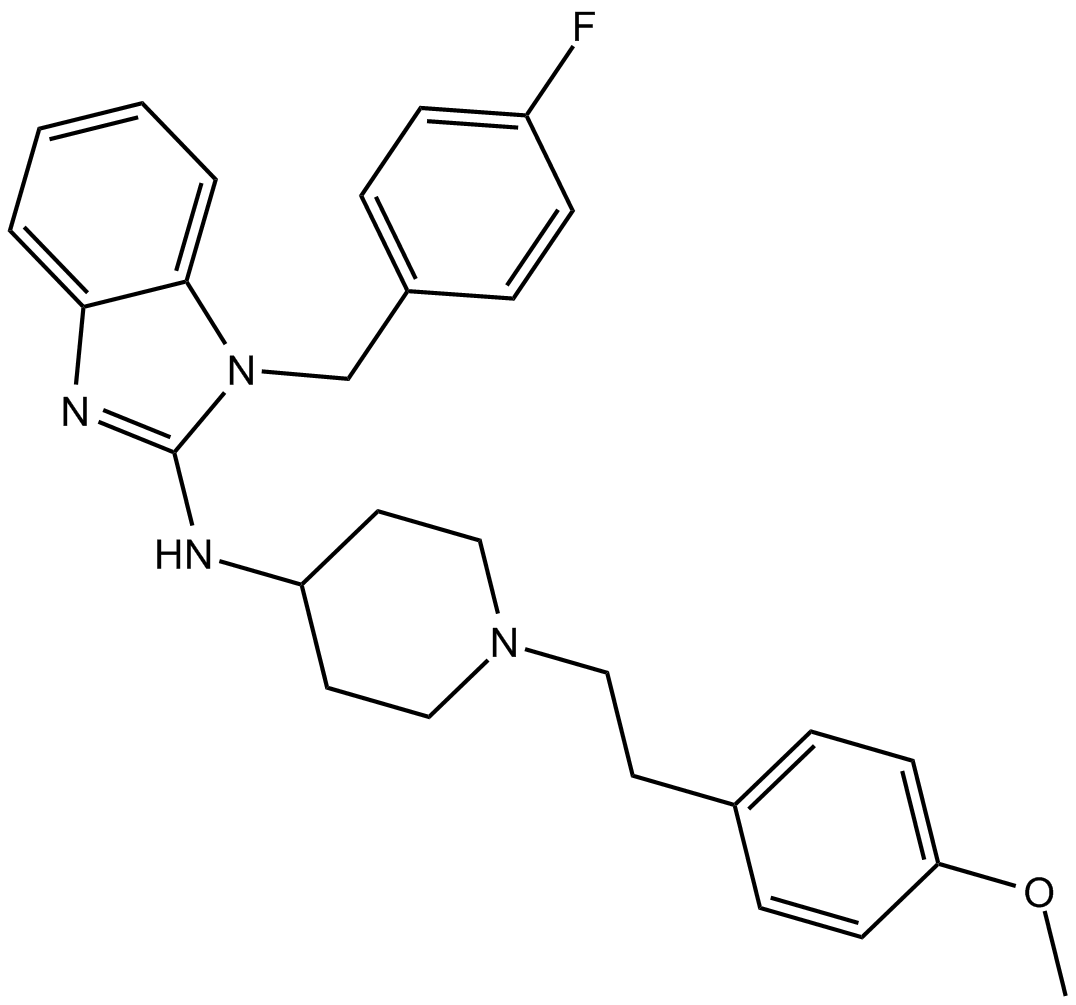
-
GC19480
AUT1
Cell permeant modulator

-
GC64274
AZD-5672
AZD-5672 is an orally active, potent, and selective CCR5 antagonist (IC50=0.32 nM).
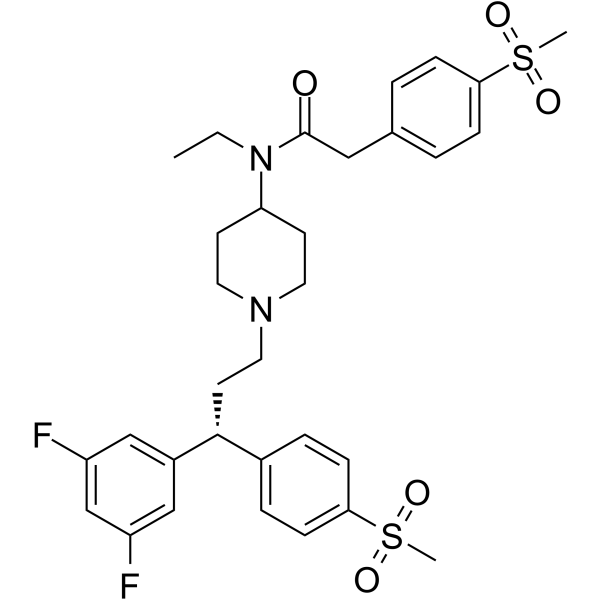
-
GC14515
Azimilide
class III anti-arrhythmic drug
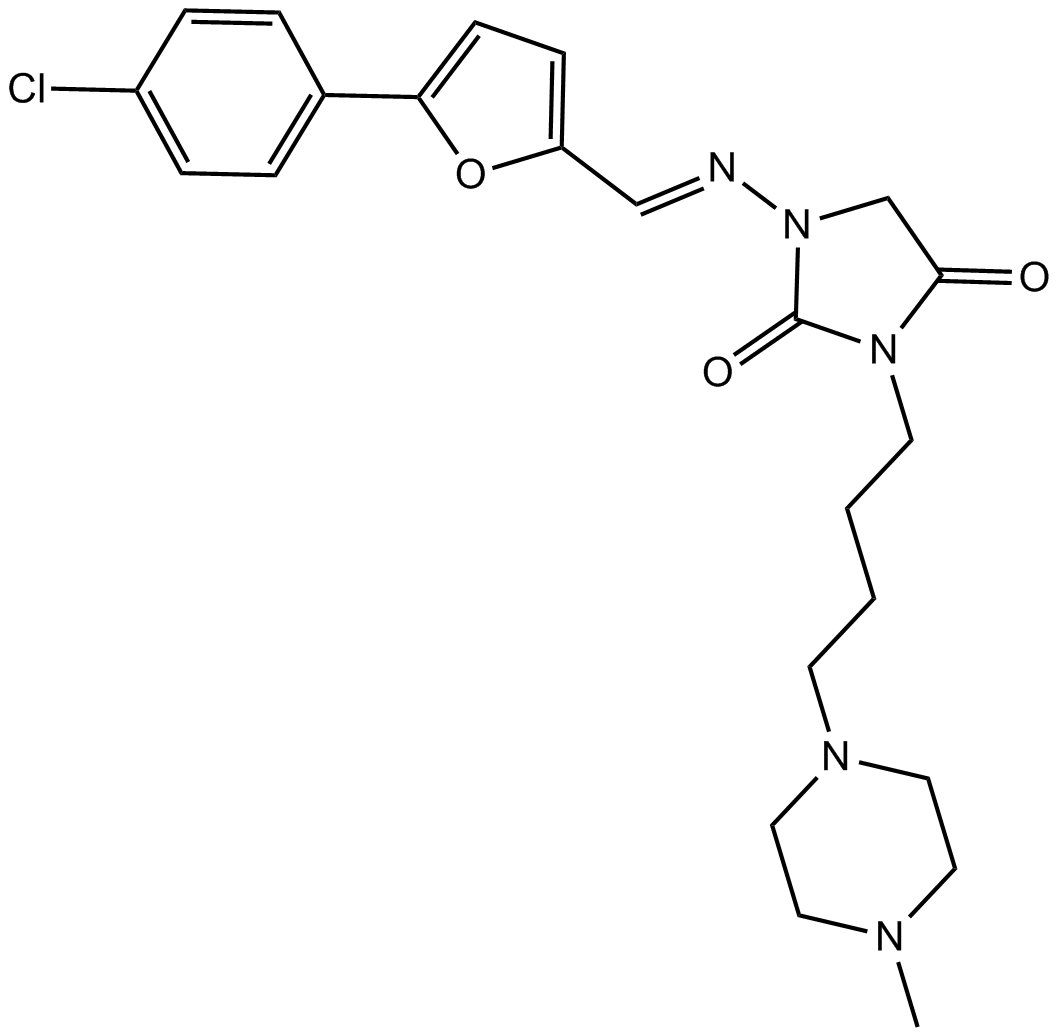
-
GC35453
Azimilide Dihydrochloride
A class III antiarrhythmic agent
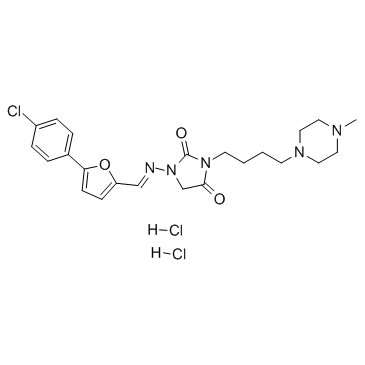
-
GC13323
BDS I
Kv3.4 potassium channel blocker, potent and reversible
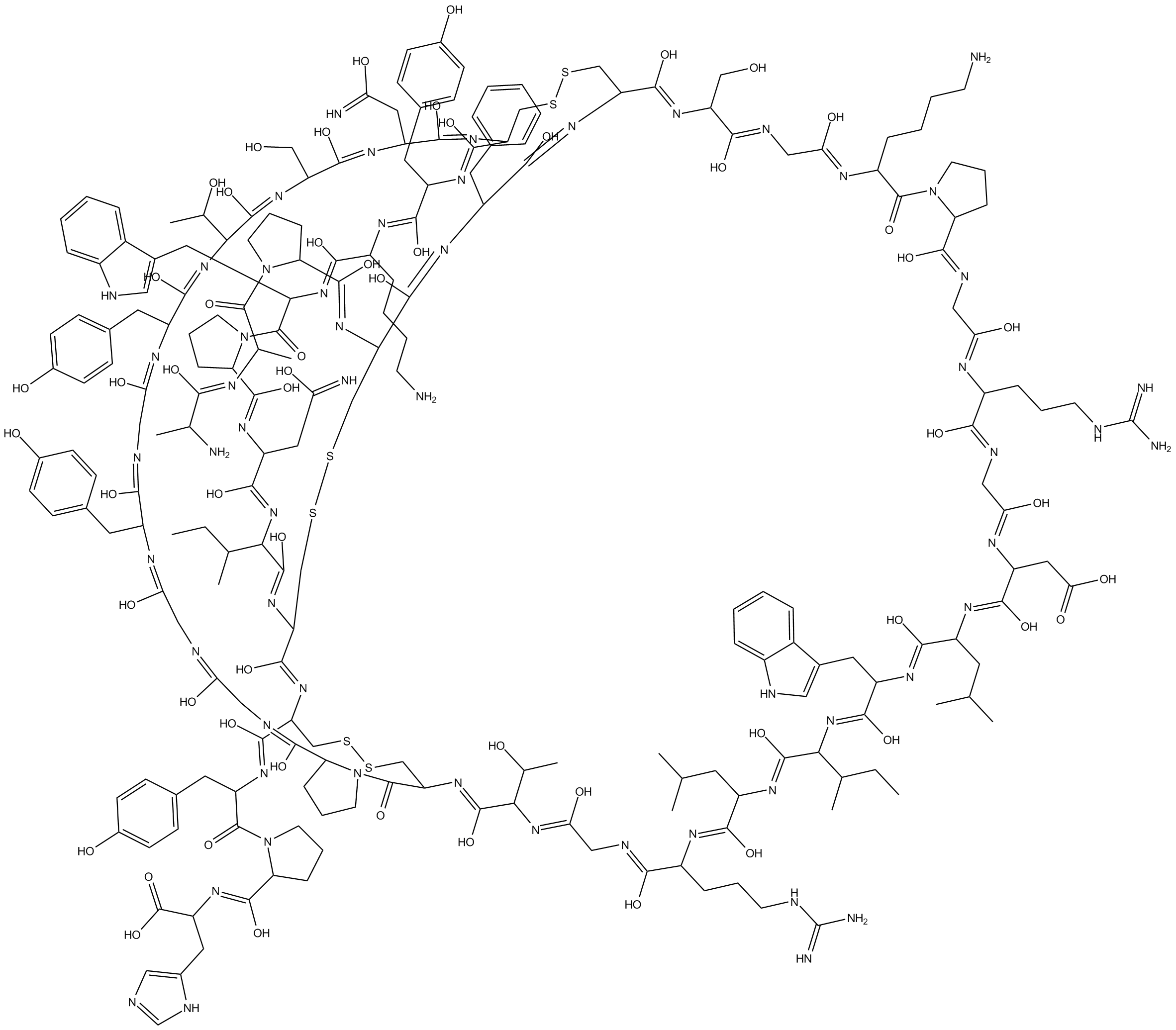
-
GC50661
BeKm 1
BeKm 1 is a HERG (human ether-a-go-go-related gene) blocking compound.
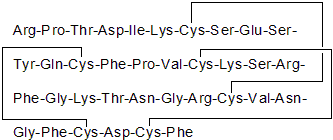
-
GC10094
BL 1249
K2P2.1 (TREK-1) channel opener
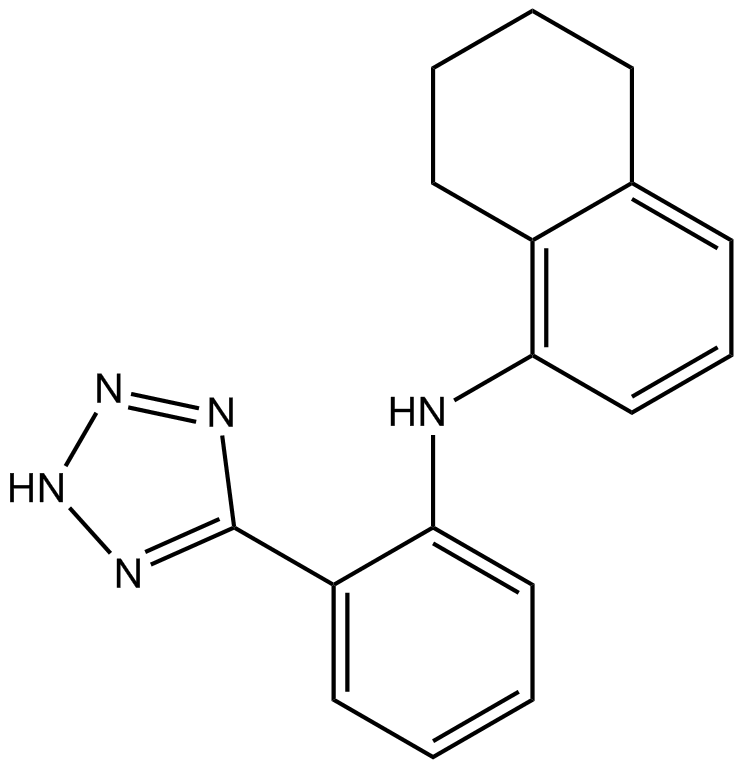
-
GC14239
BMS 191011
BKCa channel opener
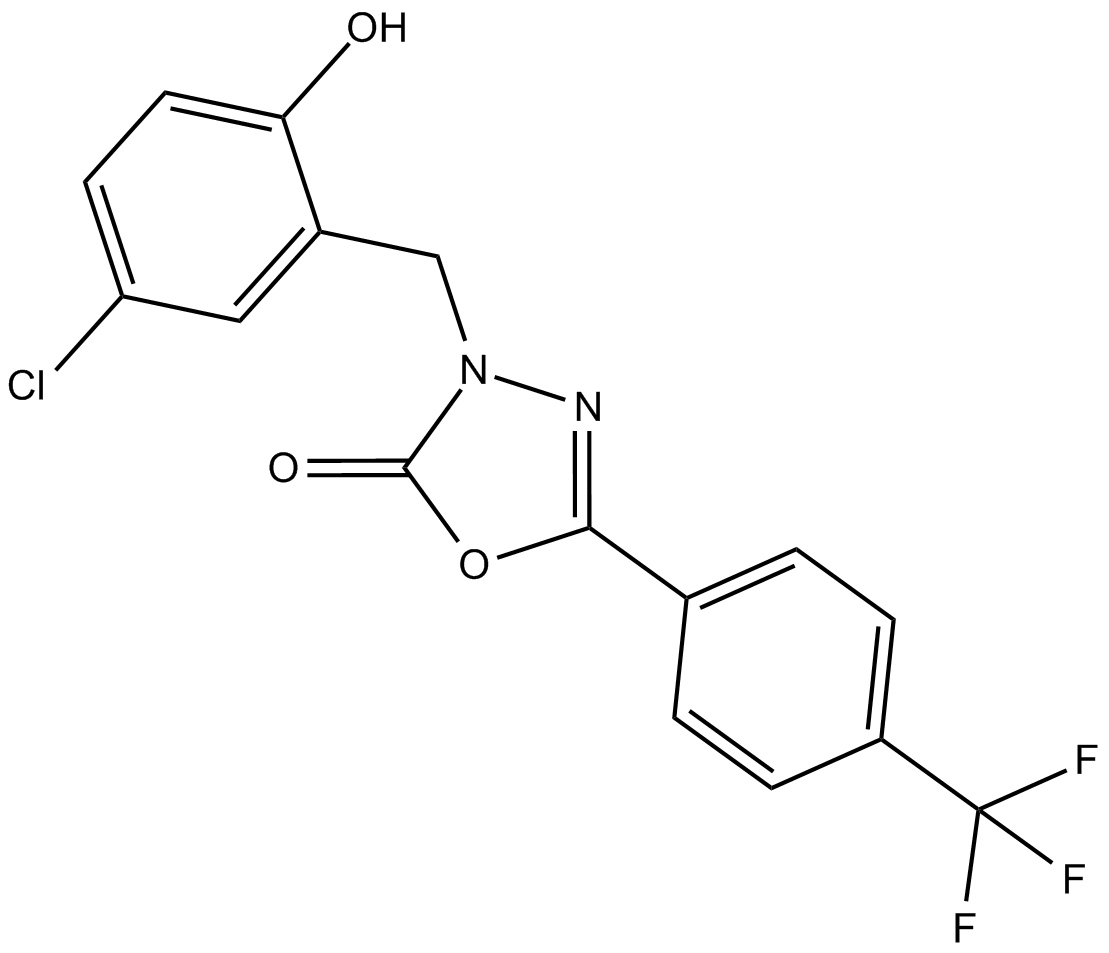
-
GC31405
BMS-191095
BMS-191095 is an activators of mitochondrial ATP-sensitive potassium (mitoKATP) channels.
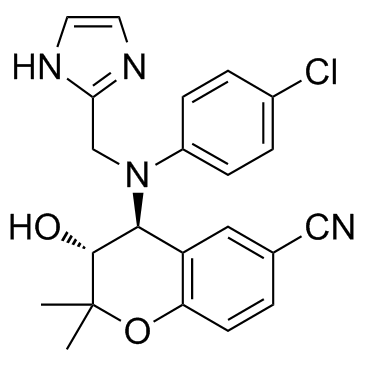
-
GC30914
Butamben (Butyl 4-aminobenzoate)
Butamben (Butyl 4-aminobenzoate) (Butyl 4-aminobenzoate) results in long-lasting relief from pain, without impairing motor function or other sensory functions.
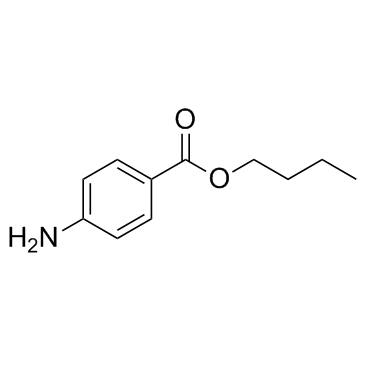
-
GC17272
Charybdotoxin
inhibitor of the big conductance Ca2+-activated K+ channel
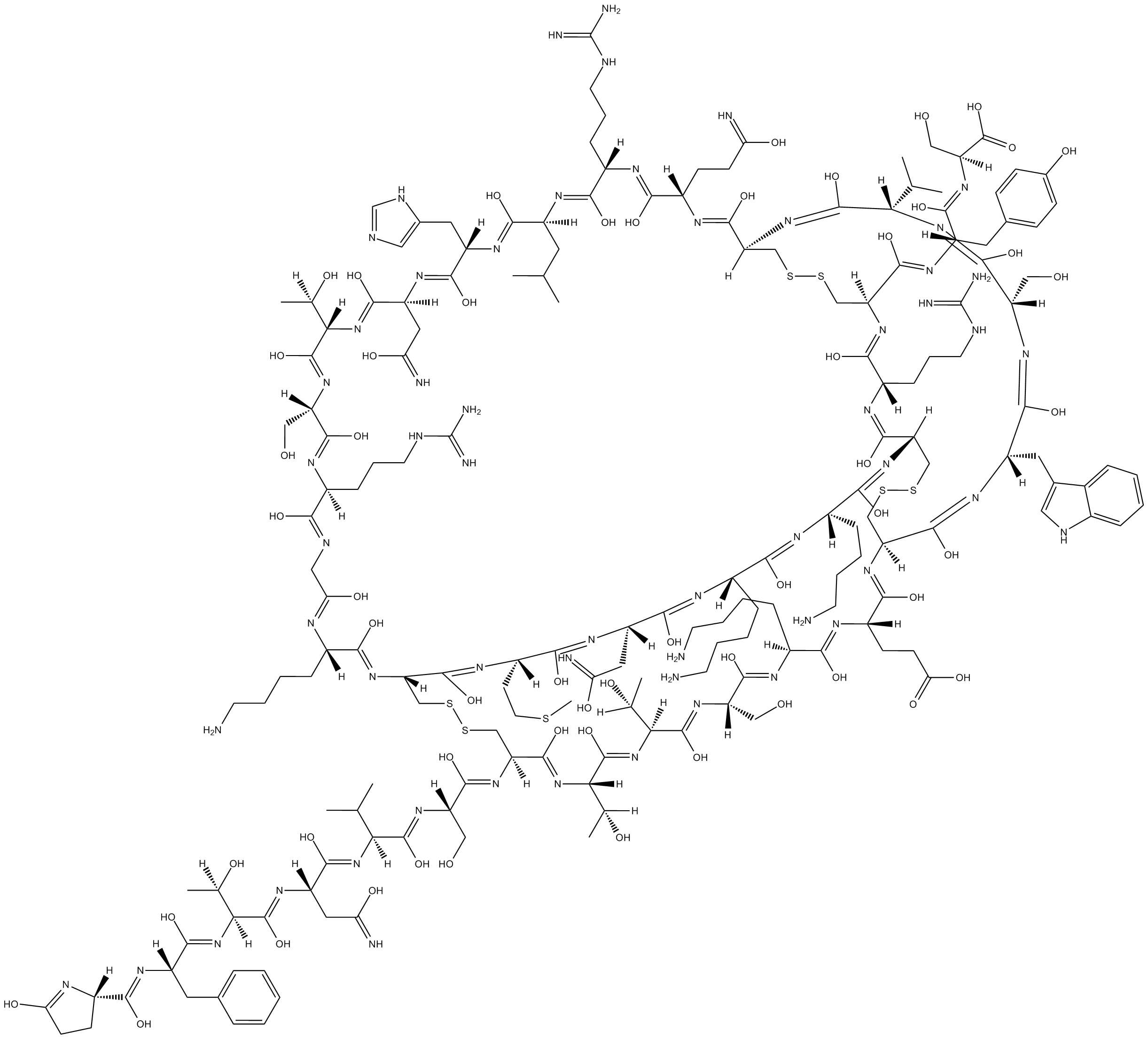
-
GC61534
Charybdotoxin TFA
Charybdotoxin TFA, a 37-amino acid peptide, is a K+ channel blocker.
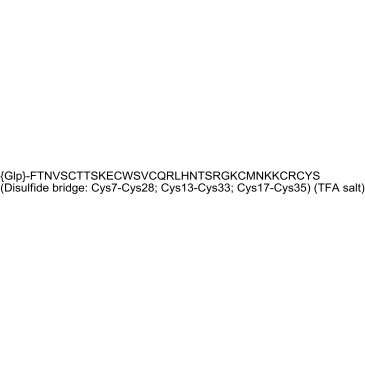
-
GC30280
Chlorpromazine D6 hydrochloride
An internal standard for the quantification of chlorpromazine
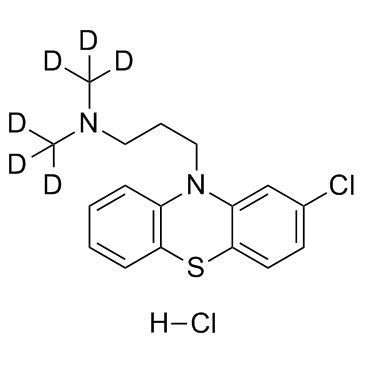
-
GC14216
Chlorpromazine HCl
dopamine receptor antagonist
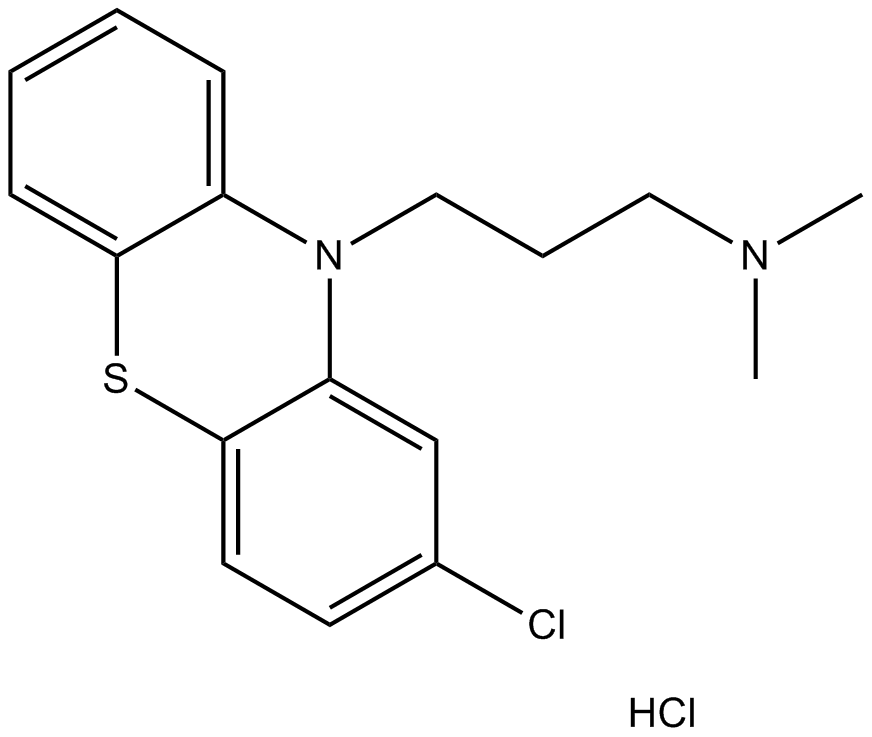
-
GC43261
Cholesteryl Myristate
Cholesteryl Myristate is a natural steroid present in traditional Chinese medicine. Cholesteryl Myristate binds to several ion channels such as the nicotinic acetylcholine receptor, GABAA receptor, and the inward-rectifier potassium ion channel.

-
GC10213
Chromanol 293B
slow delayed rectifier K+ current (IKs) blocker
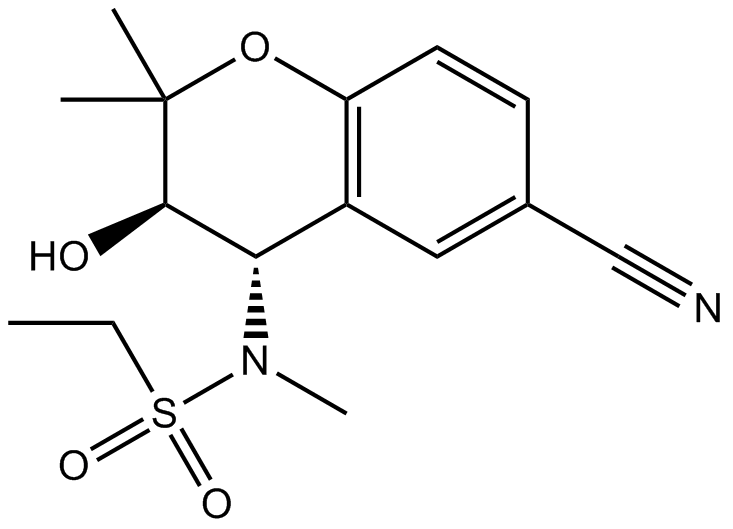
-
GC64925
Cibenzoline
Cibenzoline is a potent inhibitor of KATP channel with directly affecting the pore-forming Kir6.2 subunit rather than the SUR1 subunit.
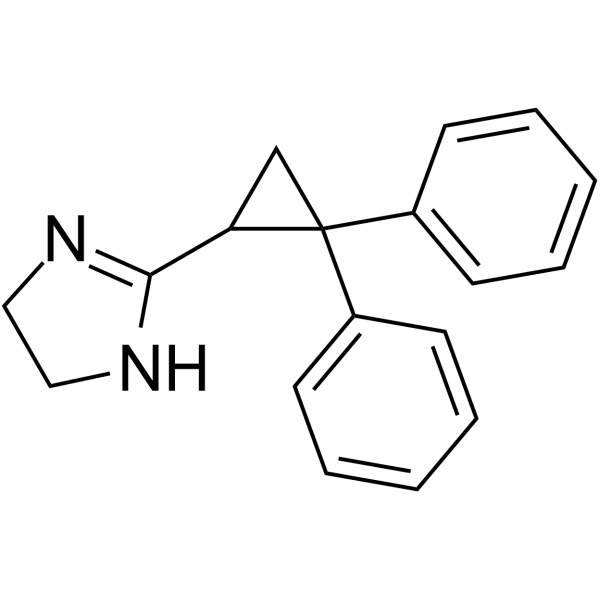
-
GC32587
Clofilium tosylate
Clofilium tosylate, a potassium channel blocker, induces apoptosis of human promyelocytic leukemia (HL-60) cells via Bcl-2-insensitive activation of caspase-3.
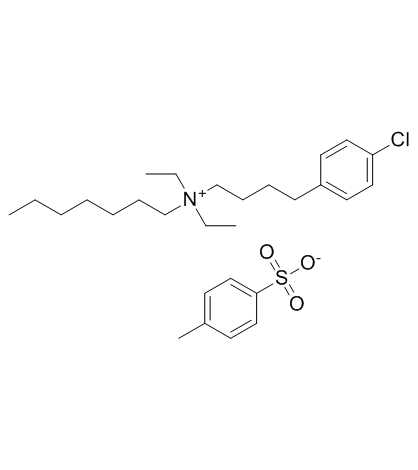
-
GC33851
Cloperastine fendizoate
Cloperastine fendizoate inhibits the hERG K+ currents in a concentration-dependent manner with an IC50 value of 27 nM.
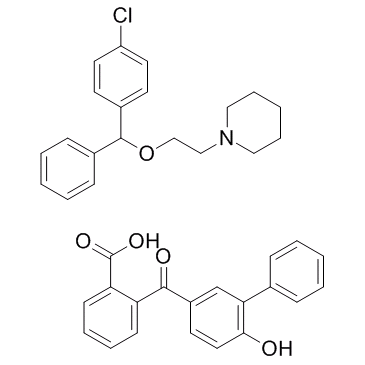
-
GC60718
Cloperastine hydrochloride
Cloperastine hydrochloride inhibits the hERG K+ currents in a concentration-dependent manner with an IC50 value of 27 nM.
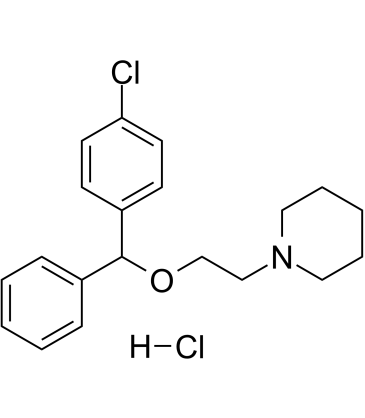
-
GC50127
CLP 257
Selective KCC2 activator
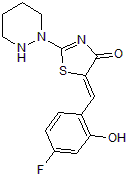
-
GC35713
CLP290
A prodrug form of CLP 257
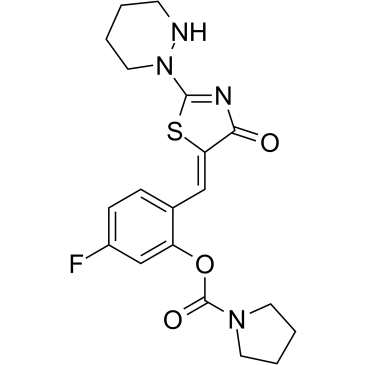
-
GC17595
CP 339818 hydrochloride
KV1.3 channel antagonist
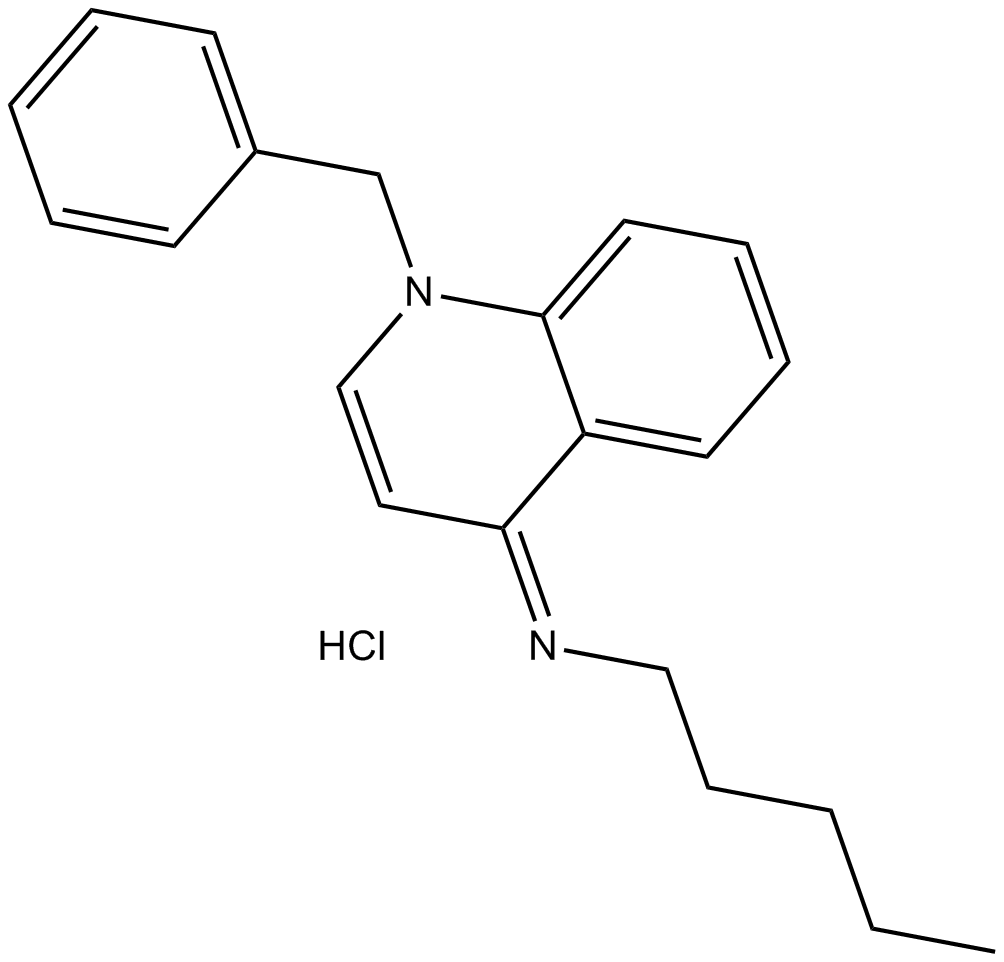
-
GC14116
Cromakalim
Kir6 (KATP) channel opener
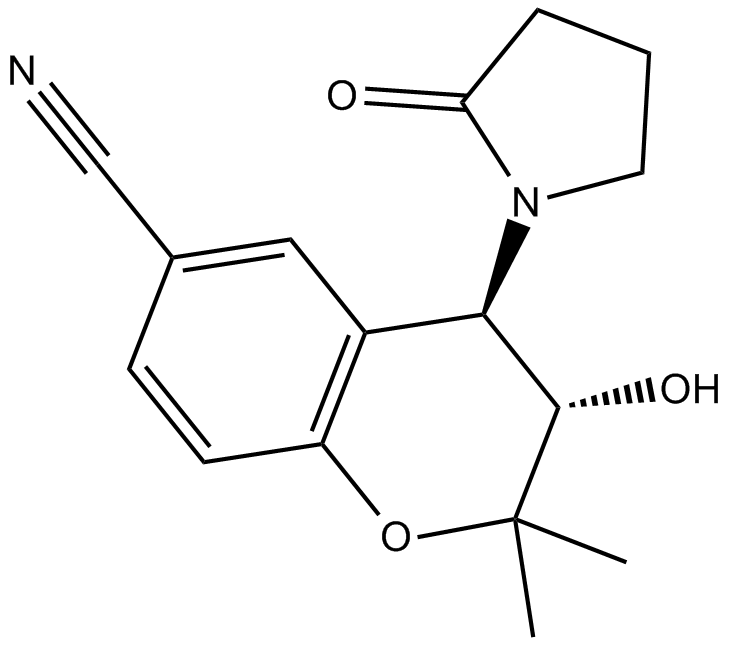
-
GC16144
CyPPA
Activator of small conductance Ca2+-activated K+ channels
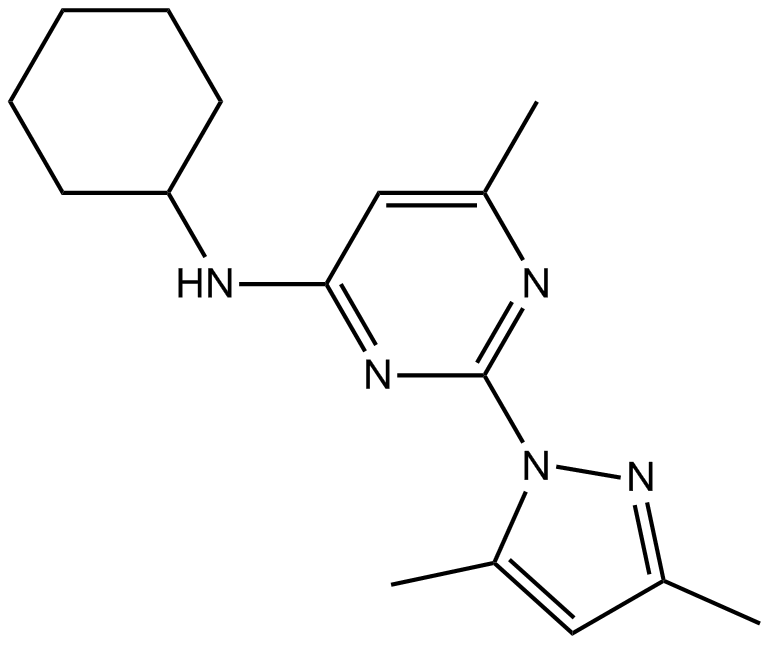
-
GC67747
Dalazatide TFA
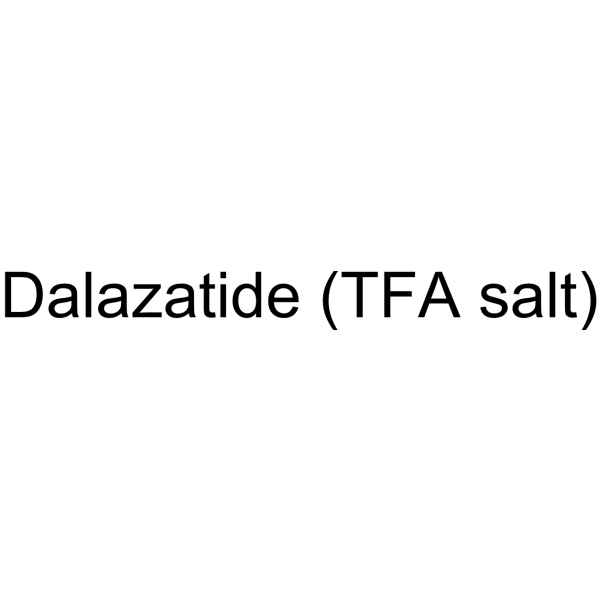
-
GC33003
Daurisoline ((R,R)-Daurisoline)
Daurisoline ((R,R)-Daurisoline) is a hERG inhibitor and also an autophagy blocker.
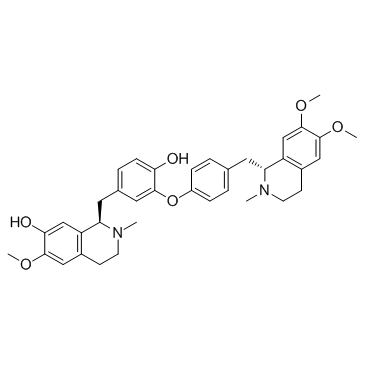
-
GC15750
DCEBIO
Stimulates Cl- secretion
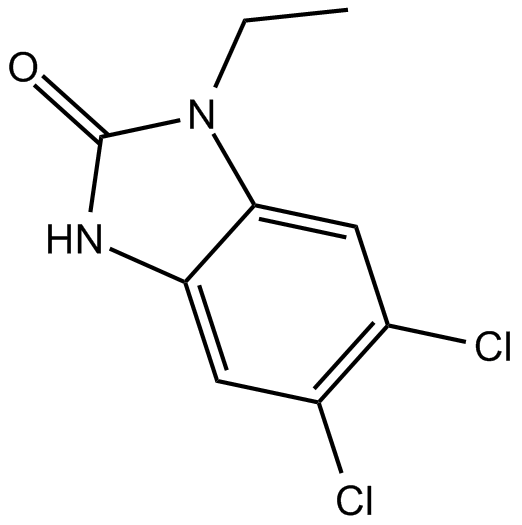
-
GC14073
DCPIB
volume-sensitive anion channel (VSAC) and and ICl,swell blocker
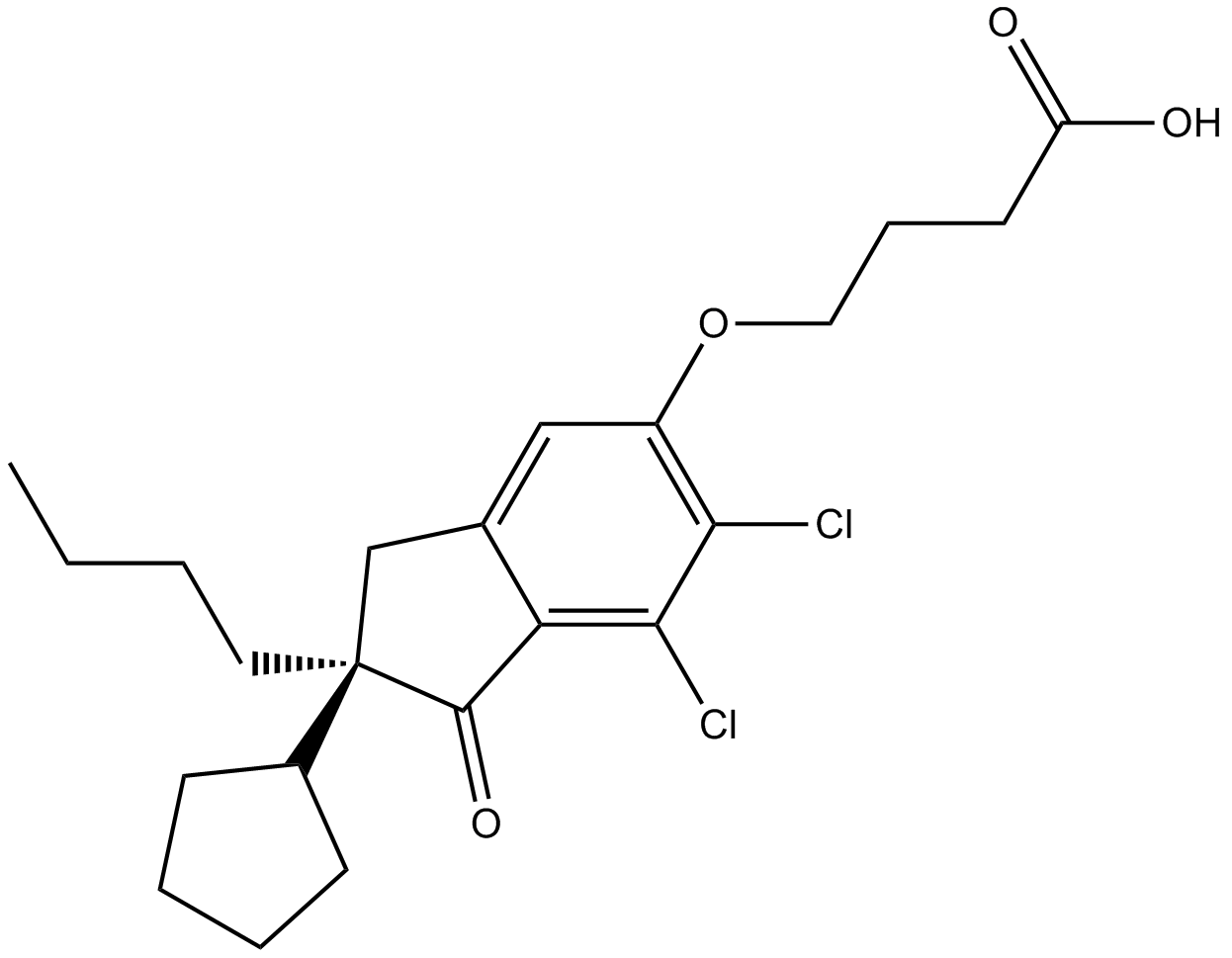
-
GC60750
Dehydrosoyasaponin I
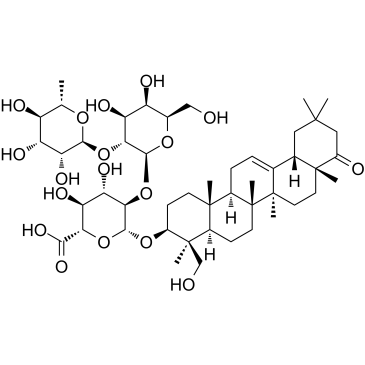
-
GC64863
Dendrotoxin K
Dendrotoxin K is a Kv1.1 channel blocker.
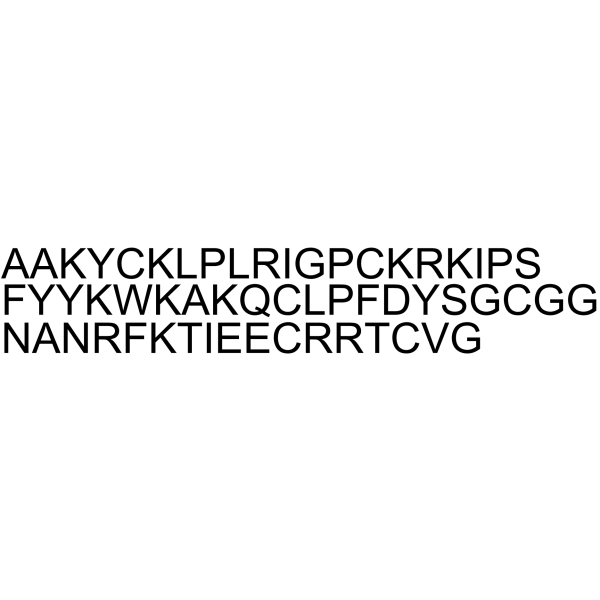
-
GC16354
Dequalinium Chloride
anti-tumor agent and PKC inhibitor

-
GC11598
Diazoxide
positive allosteric modulator of the AMPA and kainate receptors
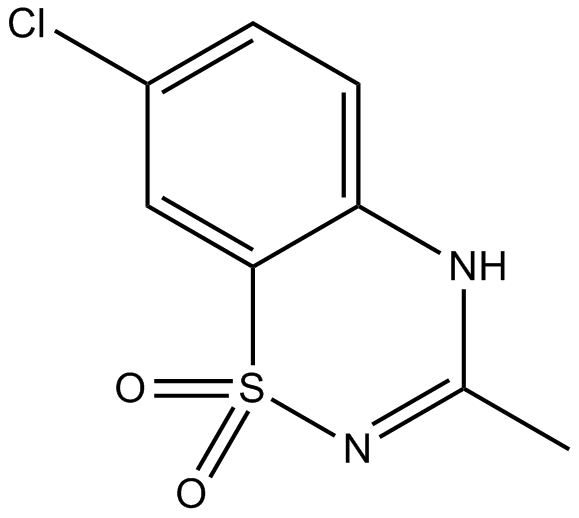
-
GC43442
Dibutyryl-Cyclic GMP (sodium salt)
Dibutyryl-Cyclic GMP (sodium salt) (Bt2cGMP sodium) is a cell-permeable cGMP analogue.

-
GC38223
Dihydroberberine
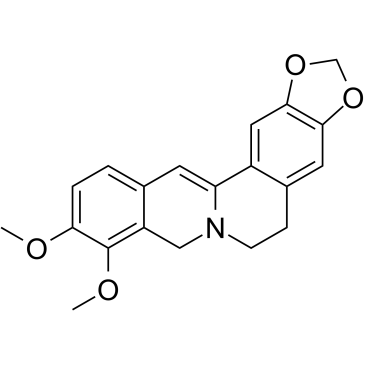
-
GC66836
Dimethyl L-glutamate
Dimethyl L-glutamate (Dimethyl glutamate), a membrane-permeable analog of Glutamate, can stimulate insulin release induced by Glucose. Dimethyl L-glutamate suppresses the KATP channel activities. Dimethyl L-glutamate inhibits E. gracilis growth and causes abnormal cell division. Dimethyl L-glutamate can be used in the research of diabetes, glucose transport, phosphorylation, and further metabolism.
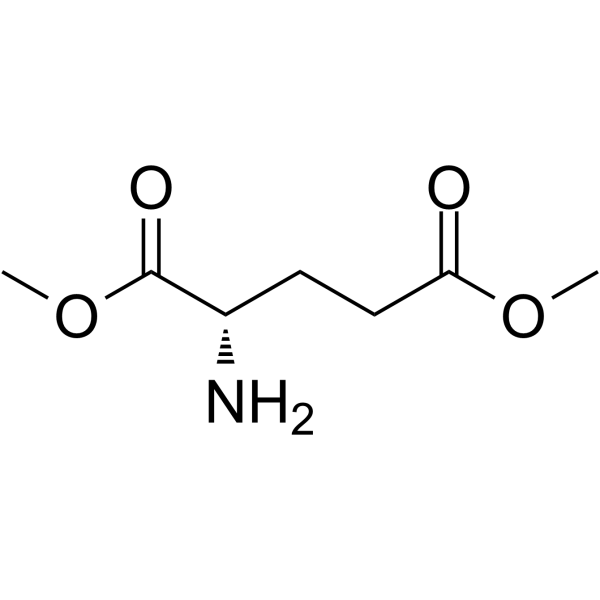
-
GC43478
Disopyramide
Disopyramide is a sodium channel blocker that, in rabbit ventricular myocytes, binds and dissociates from open channels more quickly than from resting channels.

-
GC11429
DMP 543
K+ channel blocker and acetylcholine release stimulator
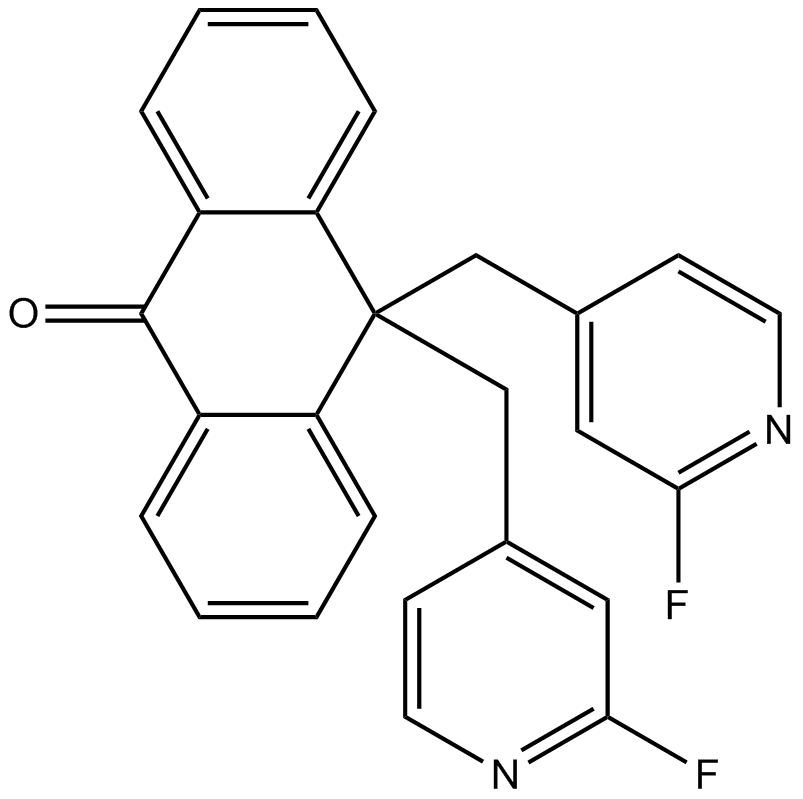
-
GC17152
Dofetilide
Potassium channel inhibitor
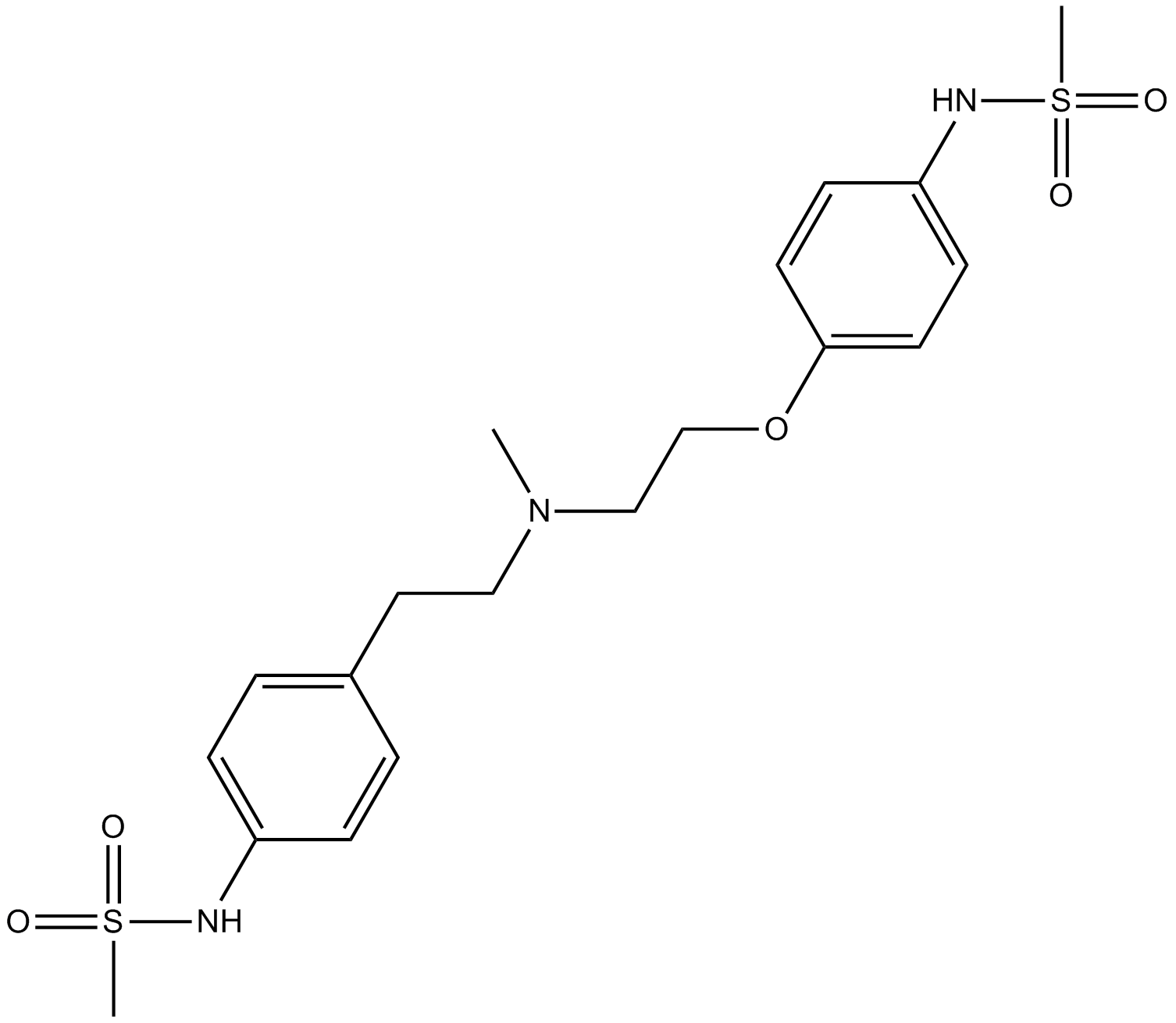
-
GC47260
Dofetilide-d4
An internal standard for the quantification of dofetilide

-
GC10861
Domiphen Bromide
Quaternary ammonium antiseptic
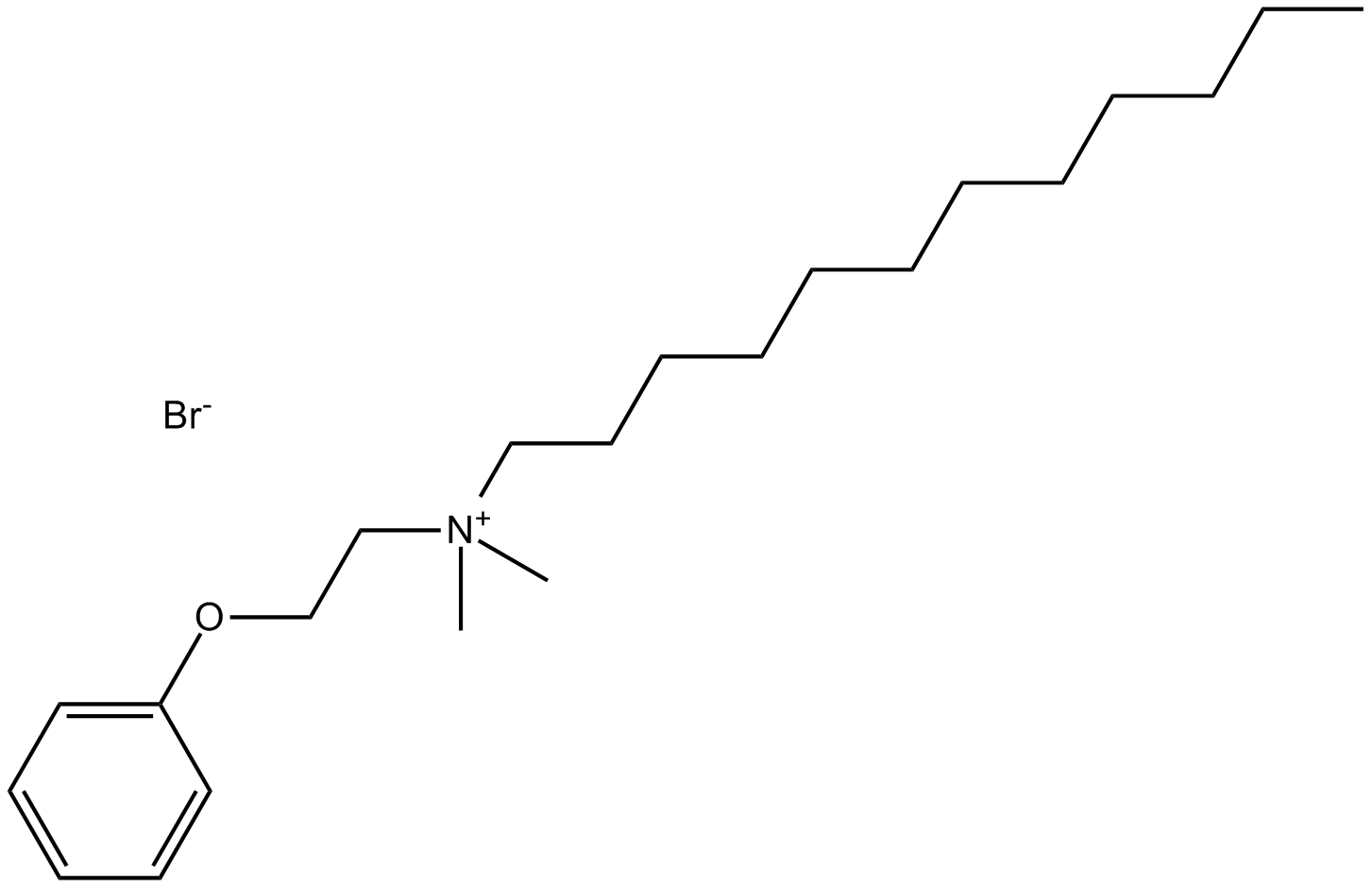
-
GC16537
Doxapram
Respiratory stimulant
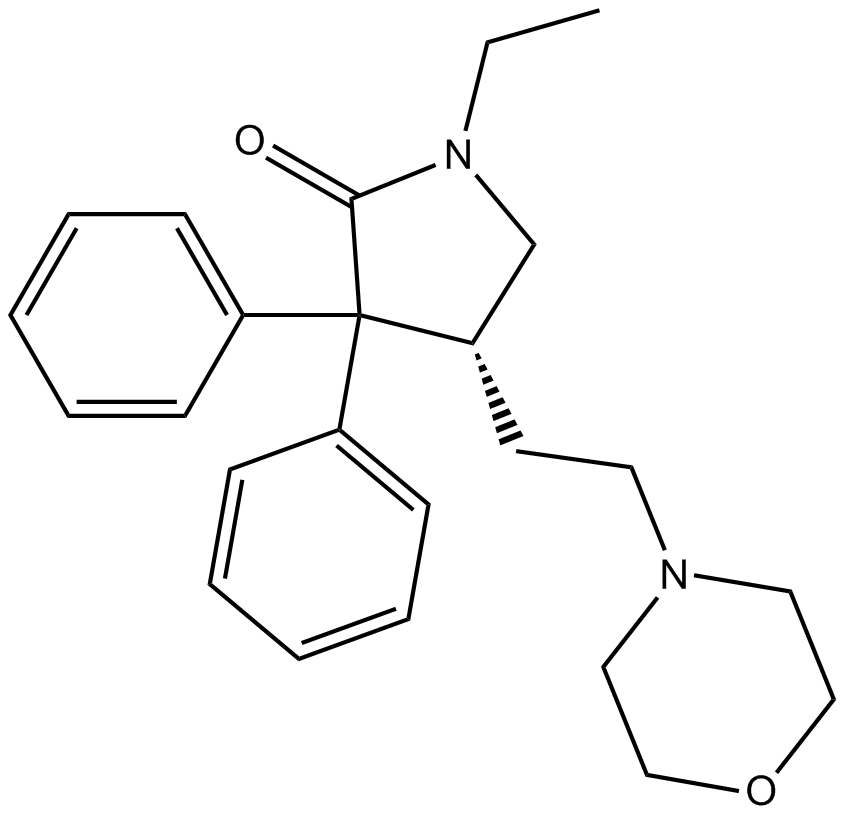
-
GC13976
Doxapram HCl
Potassium channel inhibitor
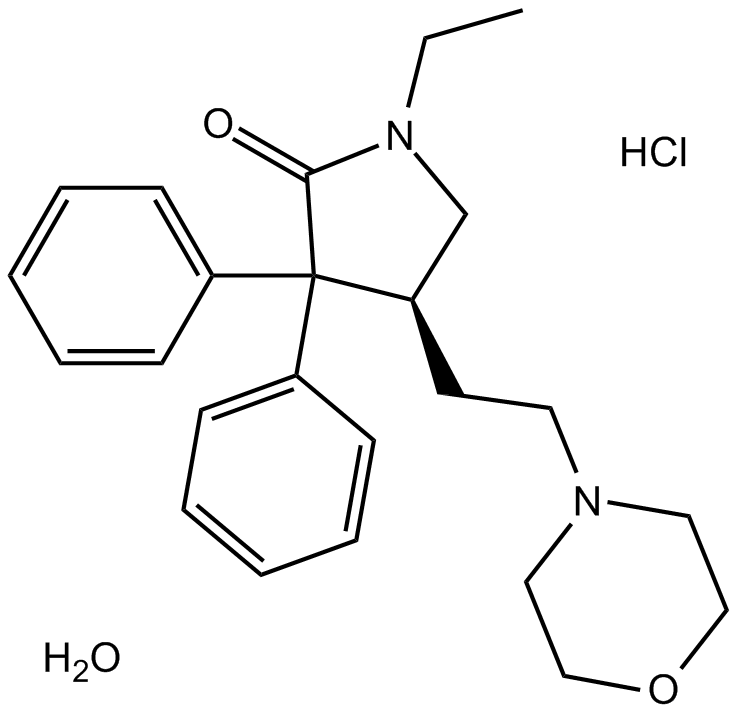
-
GC12575
DPO-1
Blocker of IKur ultrarapid delayed rectifier potassium current and KV1.5 channels
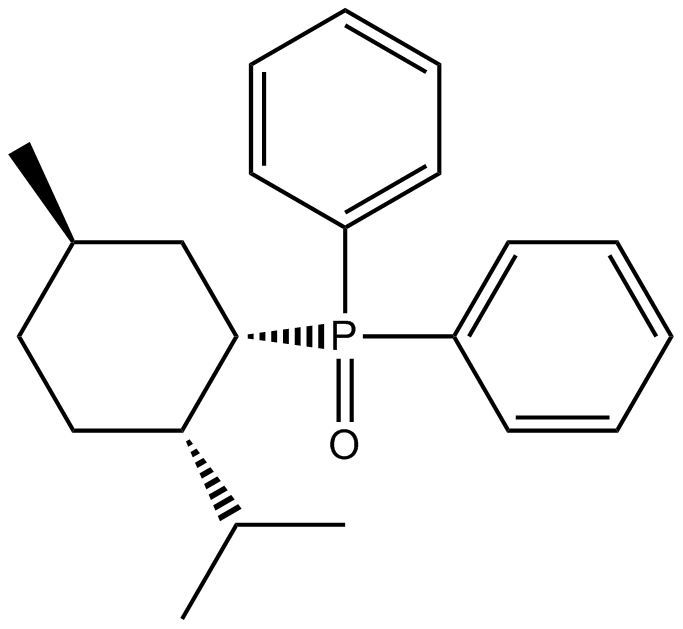
-
GC12234
Dronedarone HCl
Dronedarone HCl is a non-iodinated amiodarone derivative that inhibits Na+, K+ and Ca2+ currents.
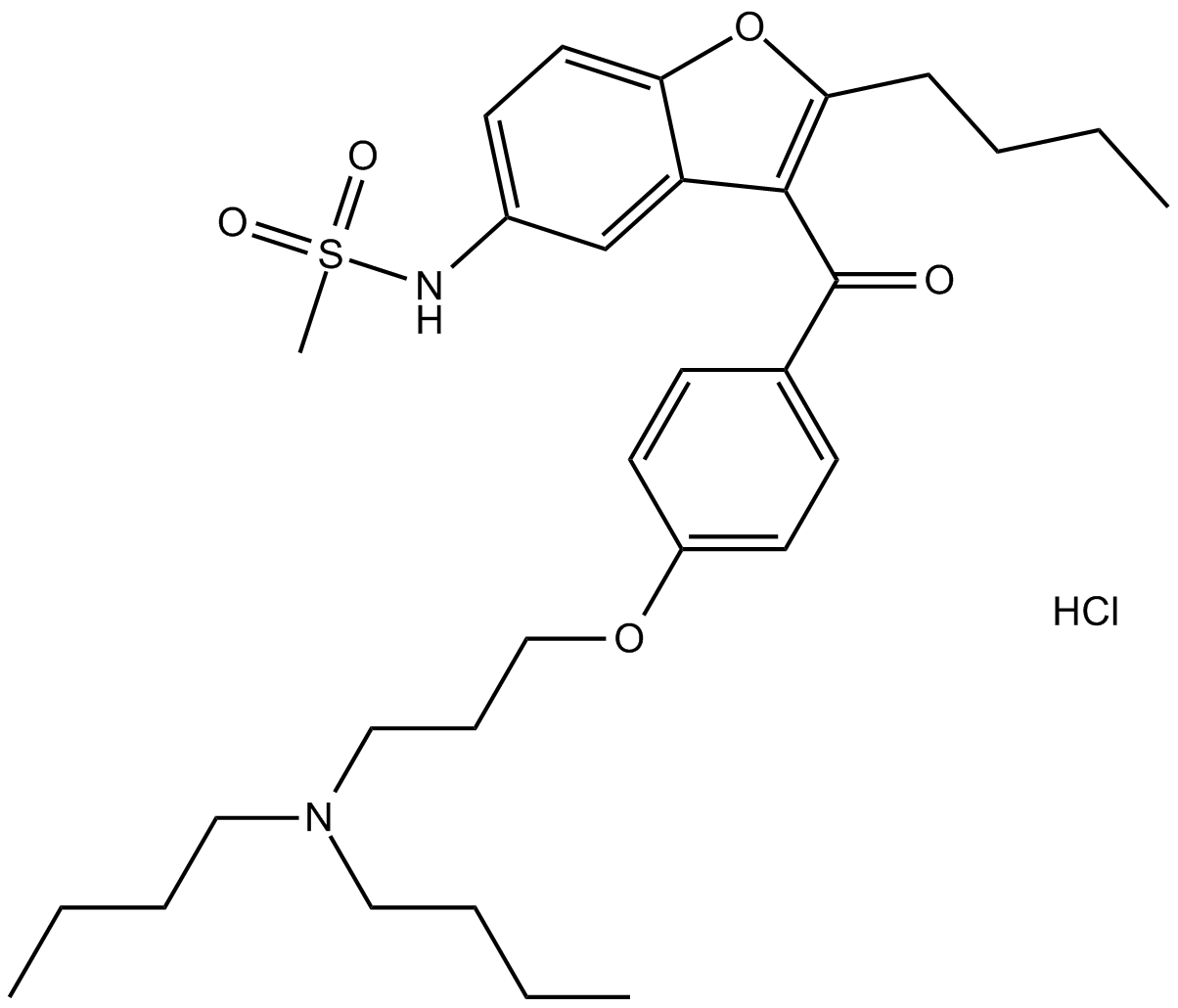
-
GC13490
E-4031
antiarrhythmic agent blocking the ATP-sensitive potassium channel
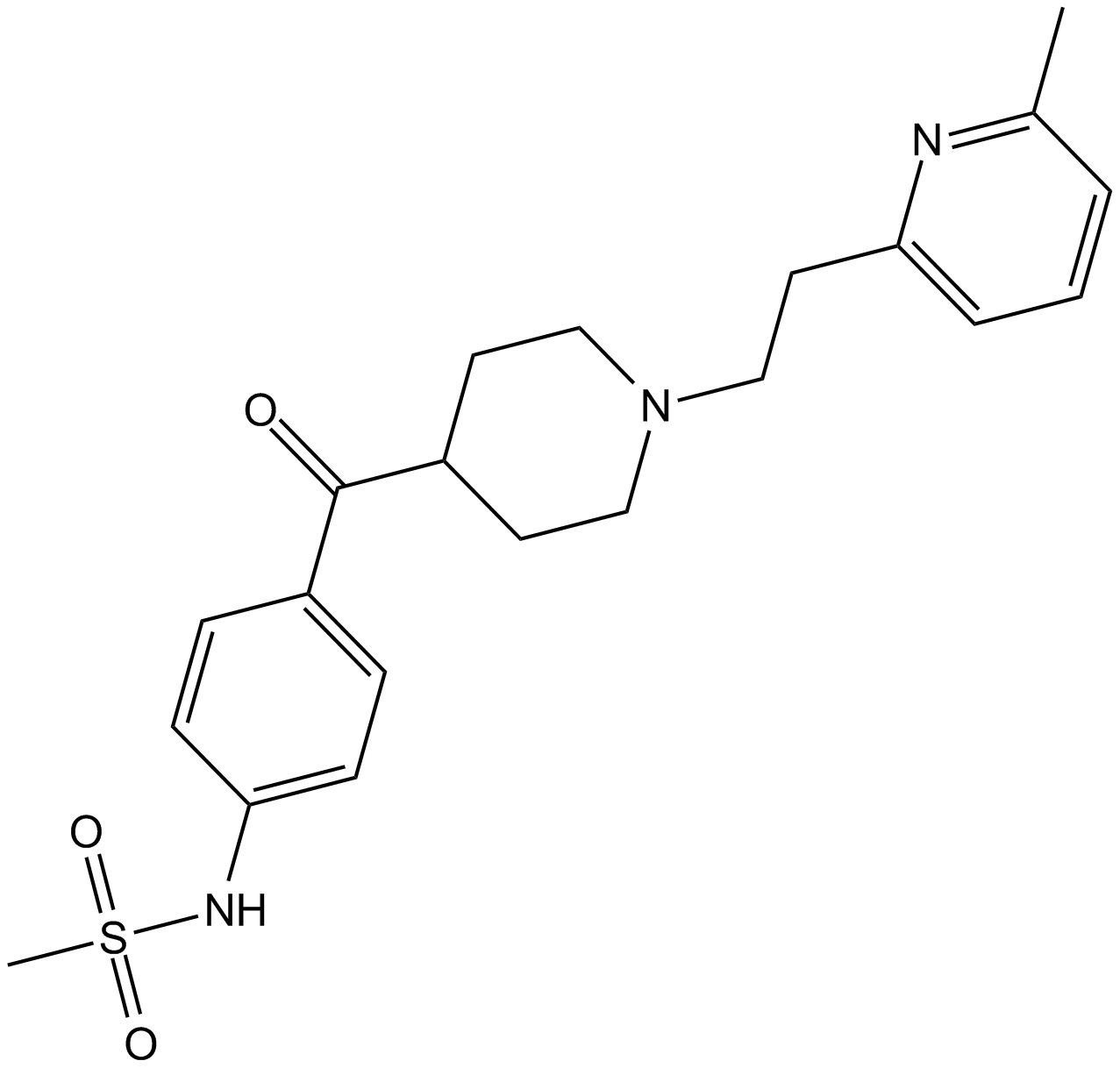
-
GC17661
E-4031 dihydrochloride
KV11.1 (hERG) channels blocker
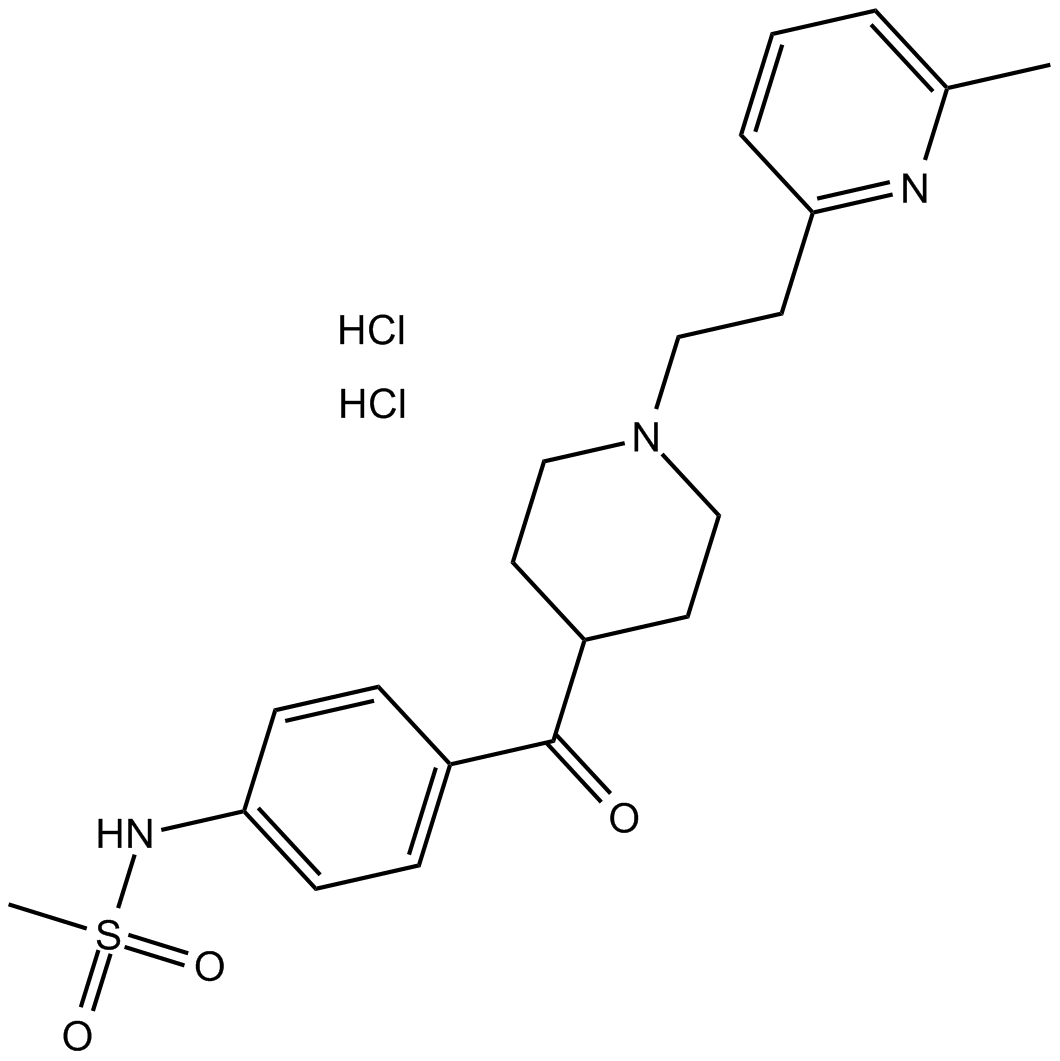
-
GC12140
Endoxifen
Endoxifen Z-isomer is the most important Tamoxifen metabolite responsible for eliciting the anti-estrogenic effects of this drug in breast cancer cells expressing estrogen receptor-alpha (ERα).
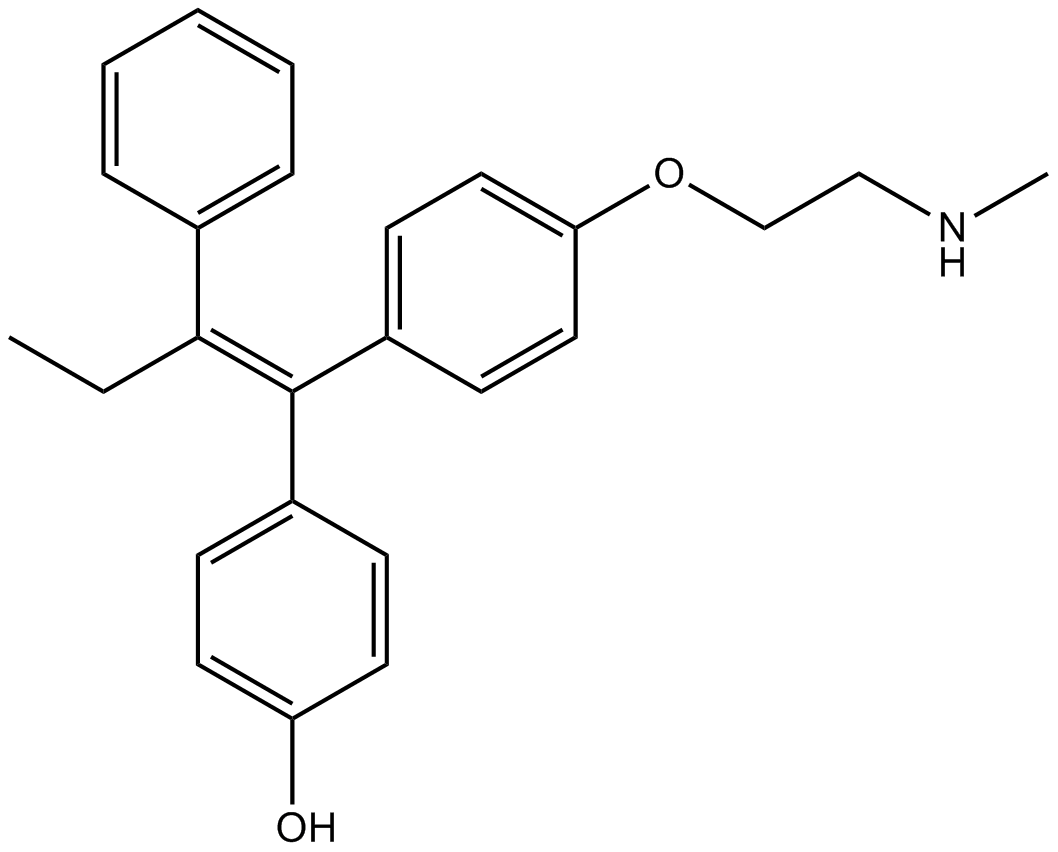
-
GC35991
Endoxifen Z-isomer hydrochloride
Endoxifen Z-isomer hydrochloride is the most important Tamoxifen metabolite responsible for eliciting the anti-estrogenic effects of this drug in breast cancer cells expressing estrogen receptor-alpha (ERα).
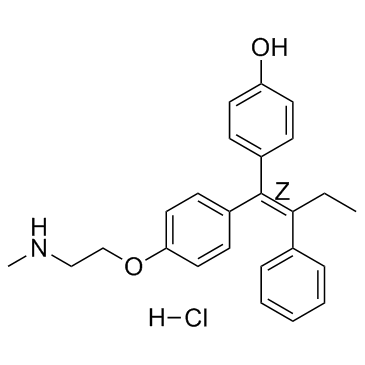
-
GC63367
Enflurane
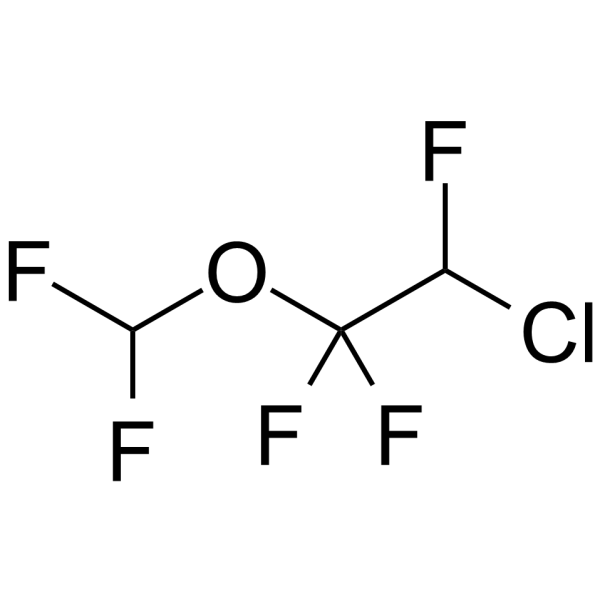
-
GC30910
Eucalyptol (1,8-Cineole)
A bicyclic monoterpene with diverse biological activities
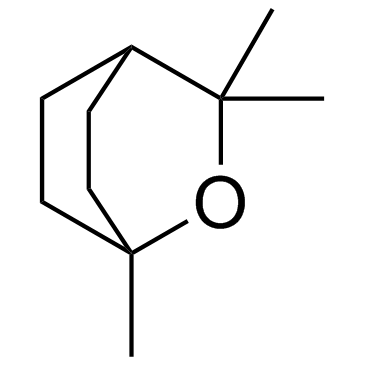
-
GC65416
Flecainide
Flecainide is a potent and orally active antiarrhythmic agent.
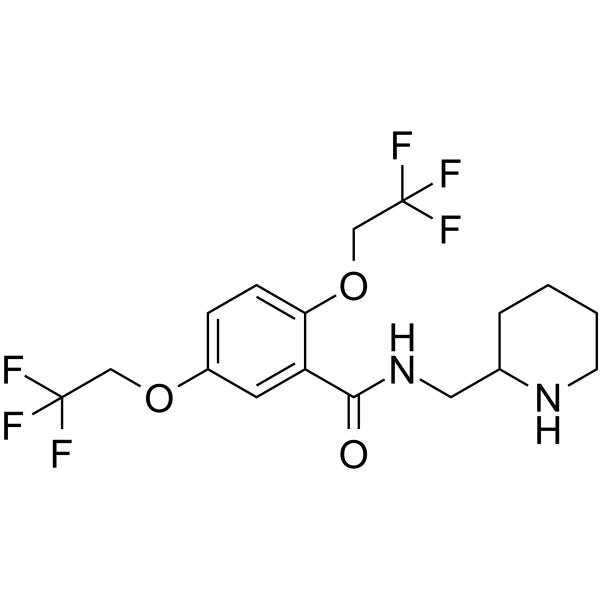
-
GC65150
Flecainide hydrochloride
Flecainide hydrochloride is a potent and orally active antiarrhythmic agent.

-
GC13466
Flufenamic acid
TRPC activator
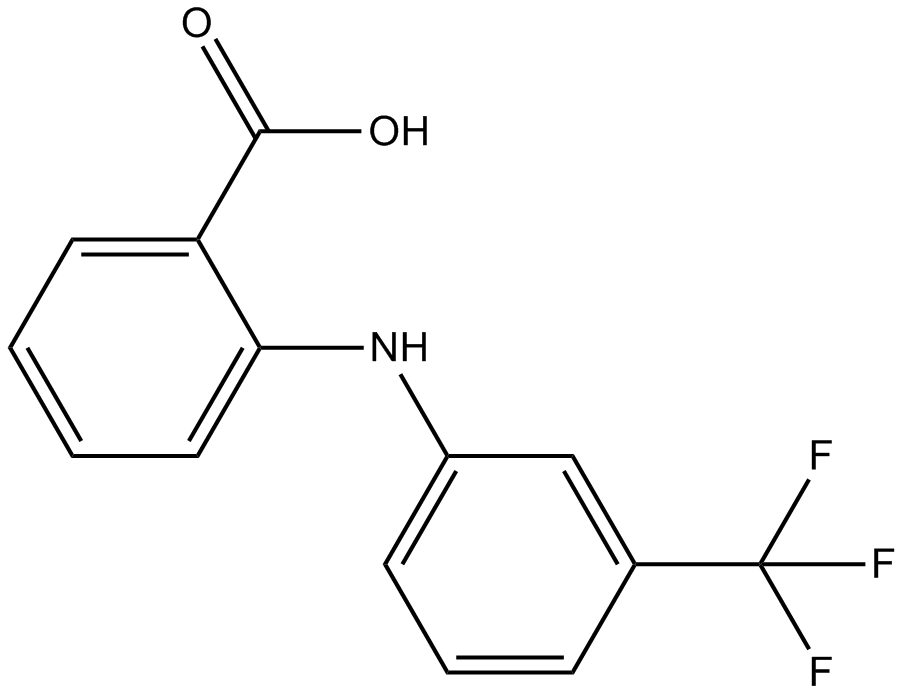
-
GC36060
Flupirtine
Flupirtine(D 9998) is a selective neuronal potassium channel opener that also has NMDA receptor antagonist properties.
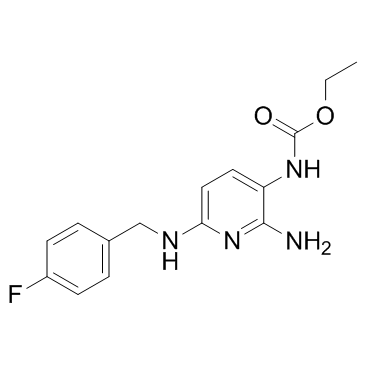
-
GC11470
Flupirtine maleate
NMDA receptor antagonist
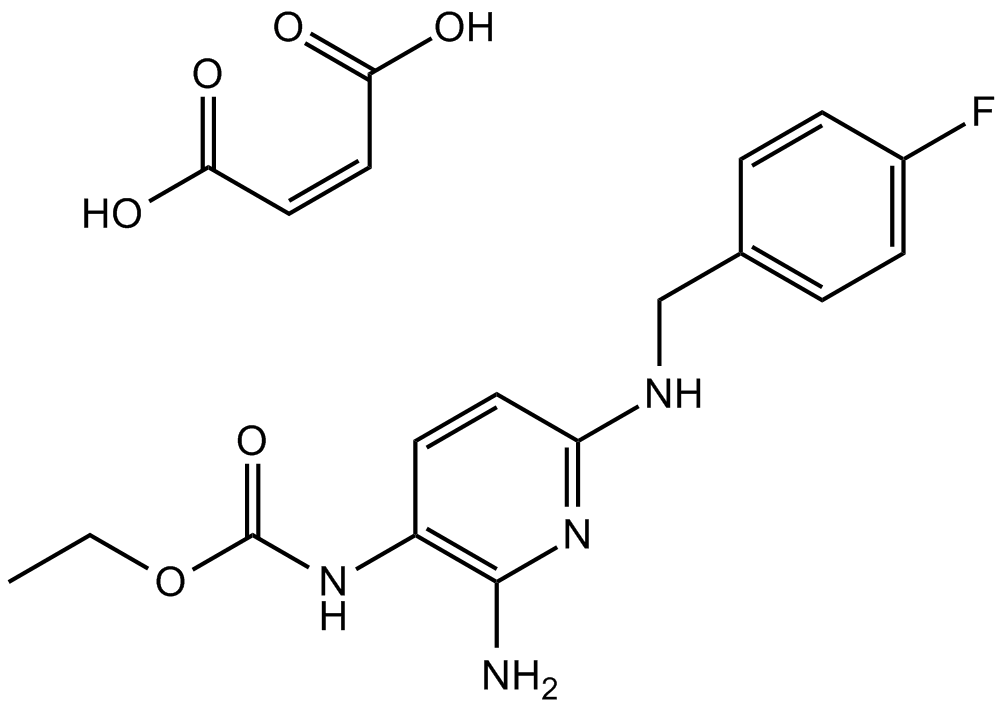
-
GC18210
GAL-021
GAL-021 is a large-conductance Ca2+-activated potassium channel (BKCa/KCa1.1) blocker.
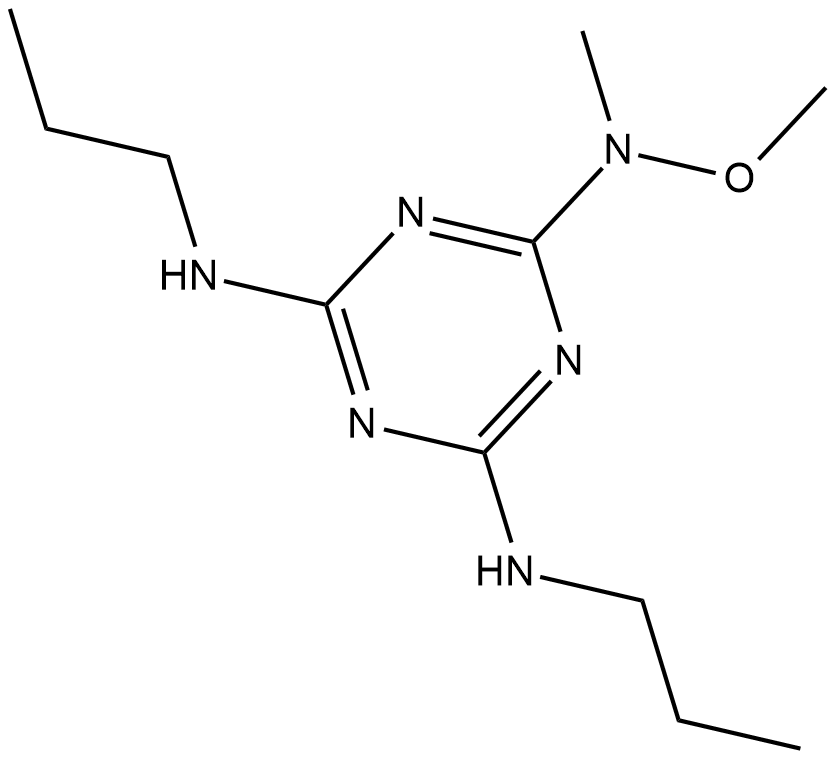
-
GC64418
GAL-021 sulfate
GAL-021 sulfate is a potent BKCa-channel blocker.
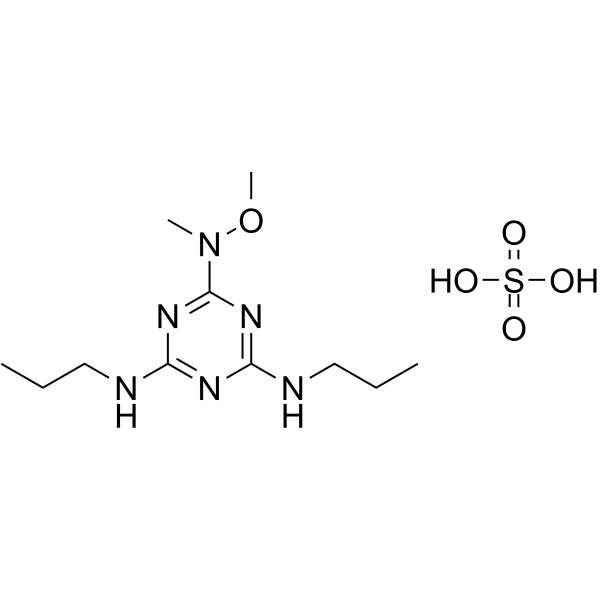
-
GC50547
GI 530159
K2P2.1 (TREK-1) and K2P10.1 (TREK-2) channel activator

-
GN10799
Ginsenoside Rg3
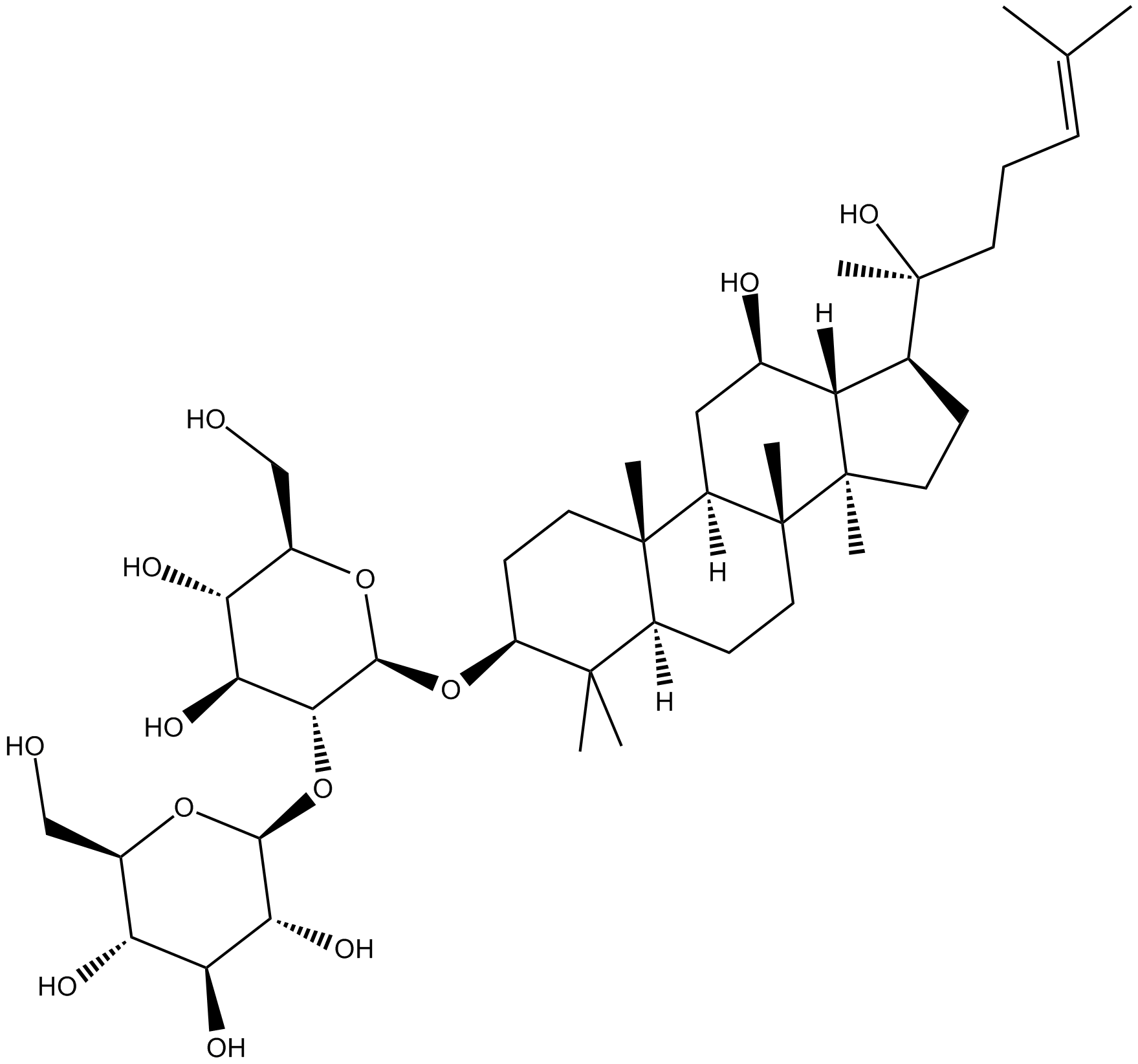
-
GC12356
Glibenclamide
Insulin production modulator
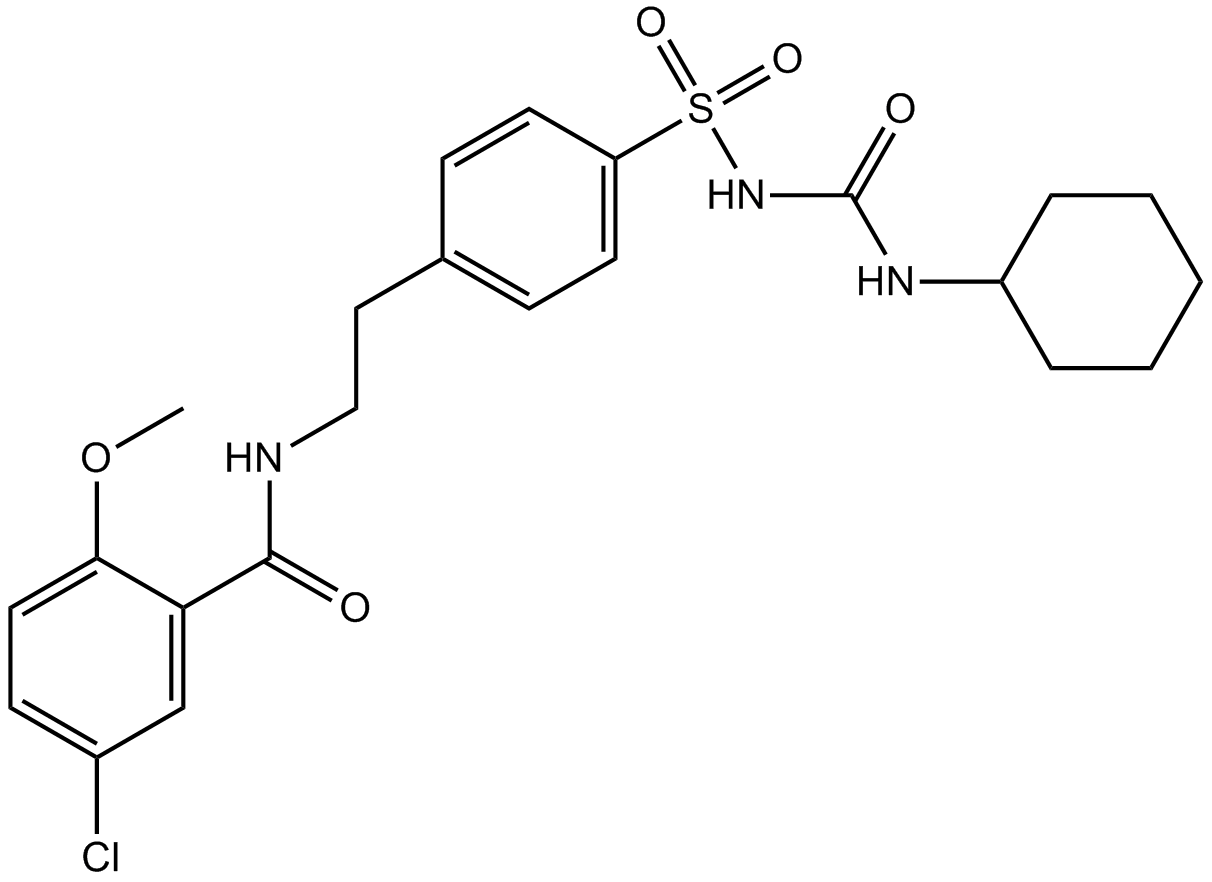
-
GC63568
Glibornuride
Glibornuride is a blocker of ATP-sensitive K+ channels (KATP channel) with a pKi of 5.75.
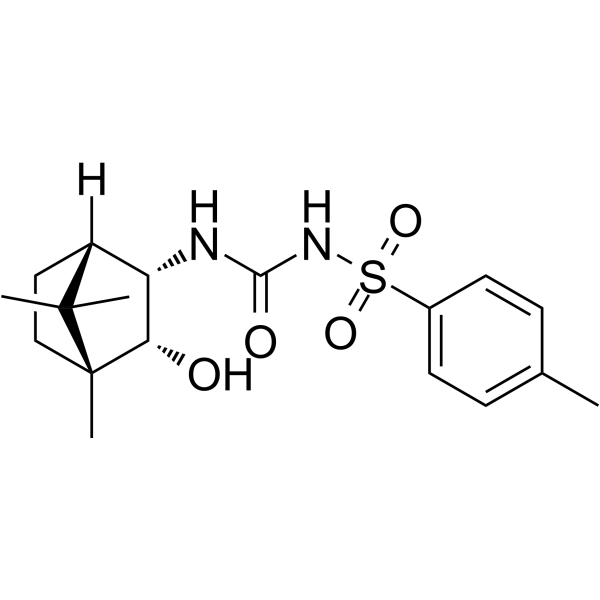
-
GC13527
Gliclazide
Potassium channel inhibitor
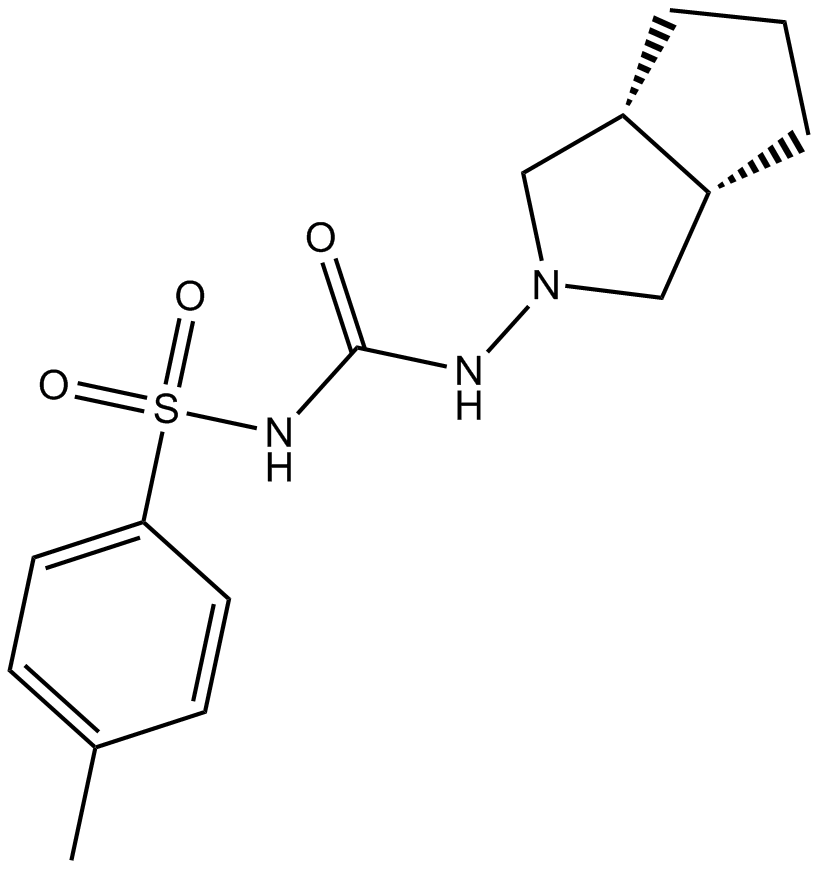
-
GC15419
Glipizide
Oral anti-diabetic medication
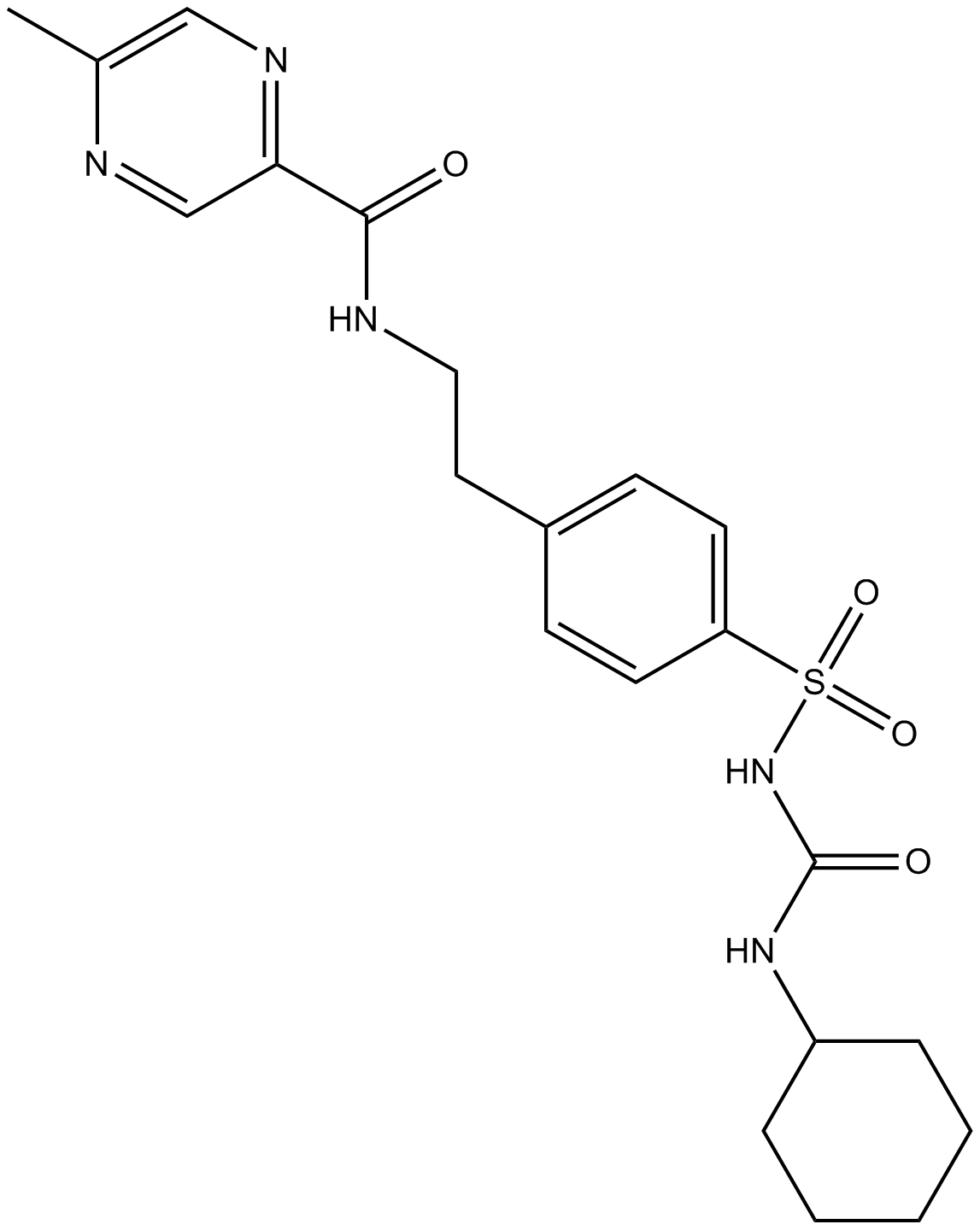
-
GC16561
Gliquidone
ATP-sensitive K+ channel antagonist
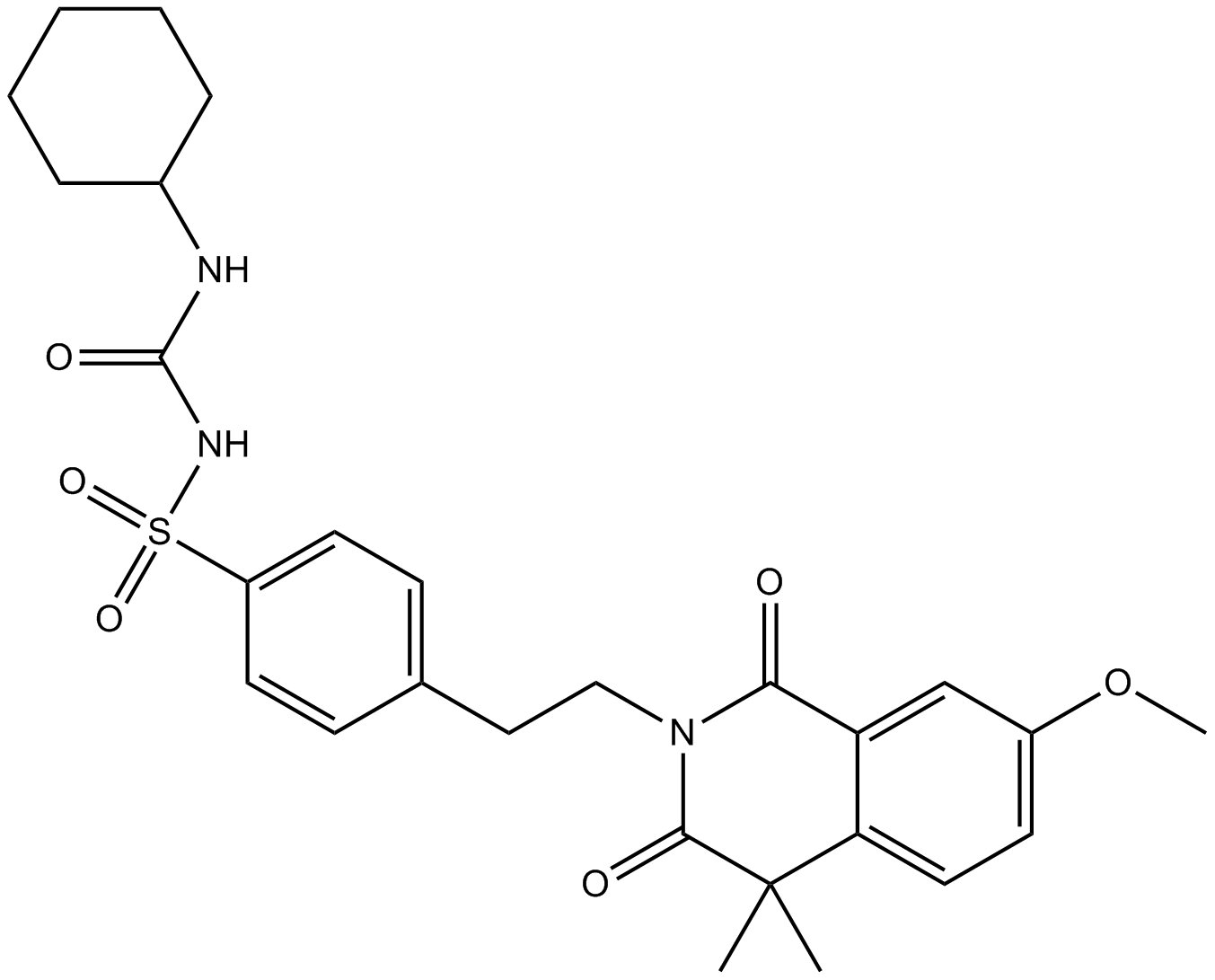
-
GC50702
GoSlo SR 5-69
GoSlo SR 5-69 is a potent activator of large conductance Ca2+-activated K+ (BK) channels, with an EC50 of 251 nM.
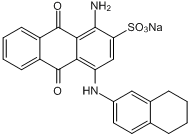
-
GC19183
GSK369796 Dihydrochloride
GSK369796 Dihydrochloride is an affordable and effective antimalarial and inhibits hERG potassium ion channel repolarization with an IC50 of 7.5 uM.
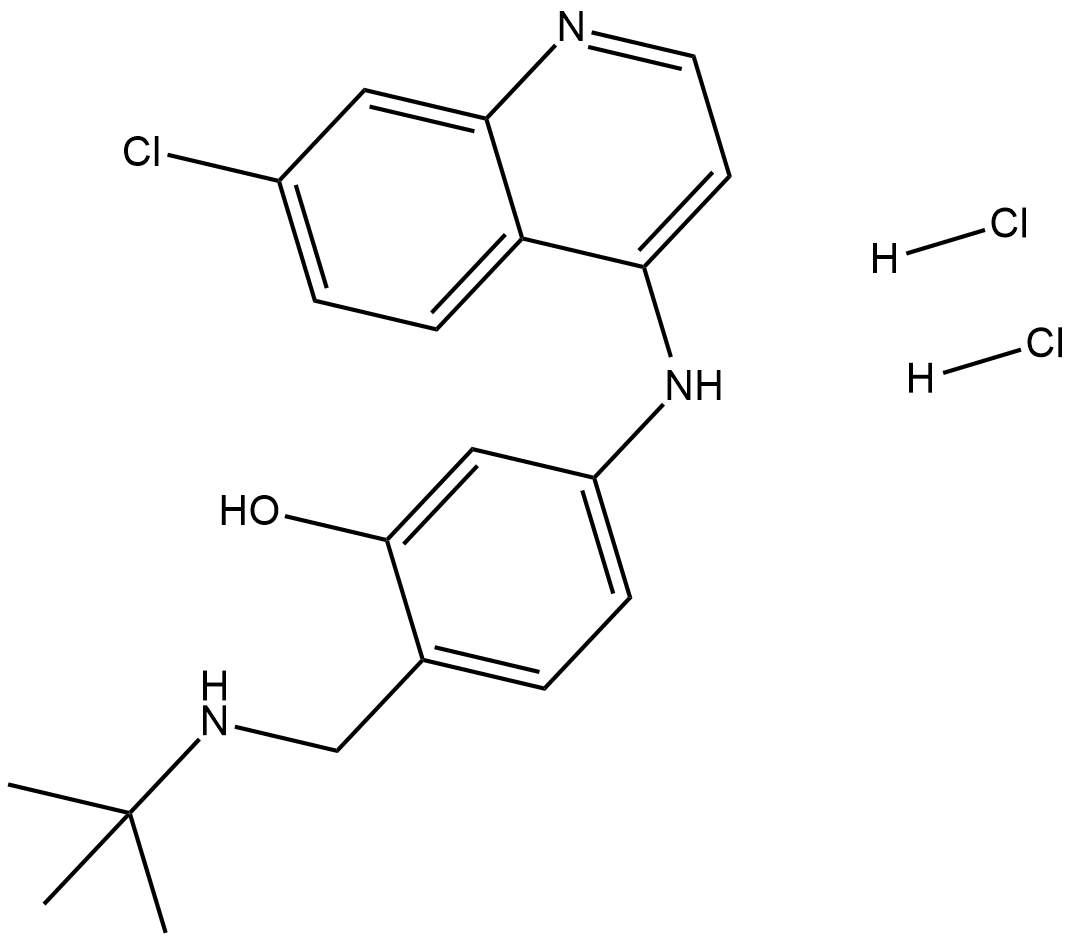
-
GC64448
Guanfu base A
Guanfu base A is an antiarrhythmic alkaloid isolated from Aconitum coreanum and is a potent noncompetitive CYP2D6 inhibitor, with a Ki of 1.20 μM in human liver microsomes (HLMs) and a Ki of 0.37 μM for the human recombinant form (rCYP2D6).
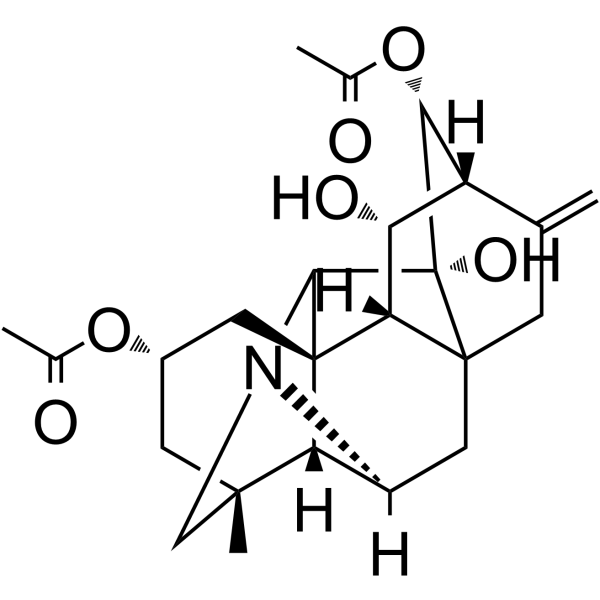
-
GC50231
Guangxitoxin 1E
Potent Kv2.1 and Kv2.2 channel blocker
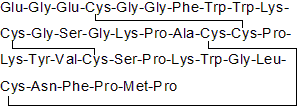
-
GC10352
GW 542573X
Activator of small-conductance Ca2+-activated K+ channels (KCa2)
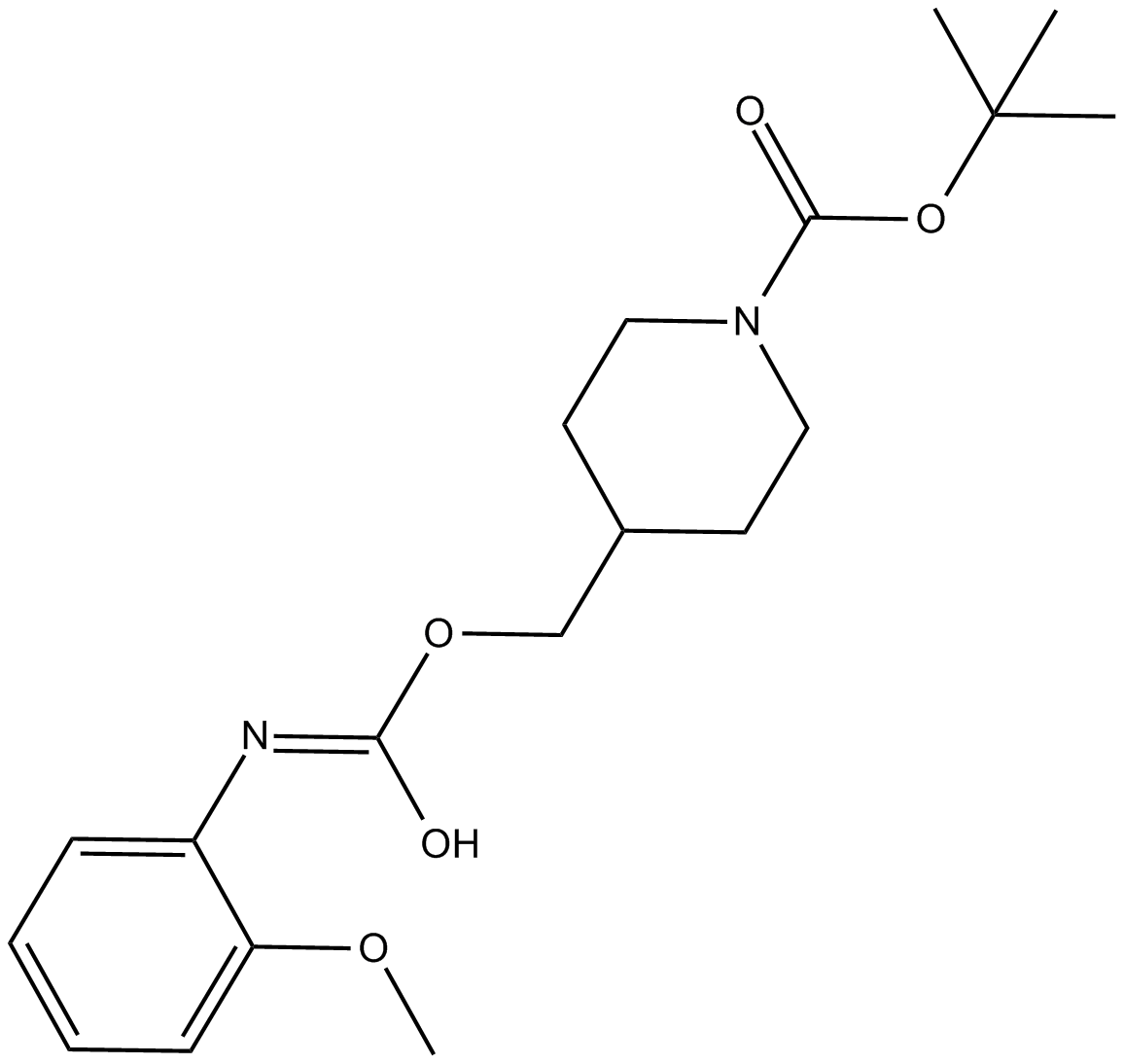
-
GC39648
H3B-120
H3B-120 is a highly selective, competitive and allosteric carbamoyl phosphate synthetase 1 (CPS1) inhibitor with an IC50 of 1.5 μM and a Ki of 1.4 μM. H3B-120 has anti-cancer activity.
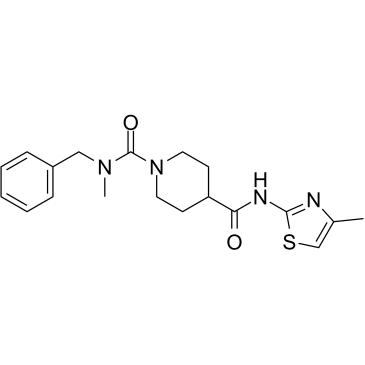
-
GC63001
Halothane
